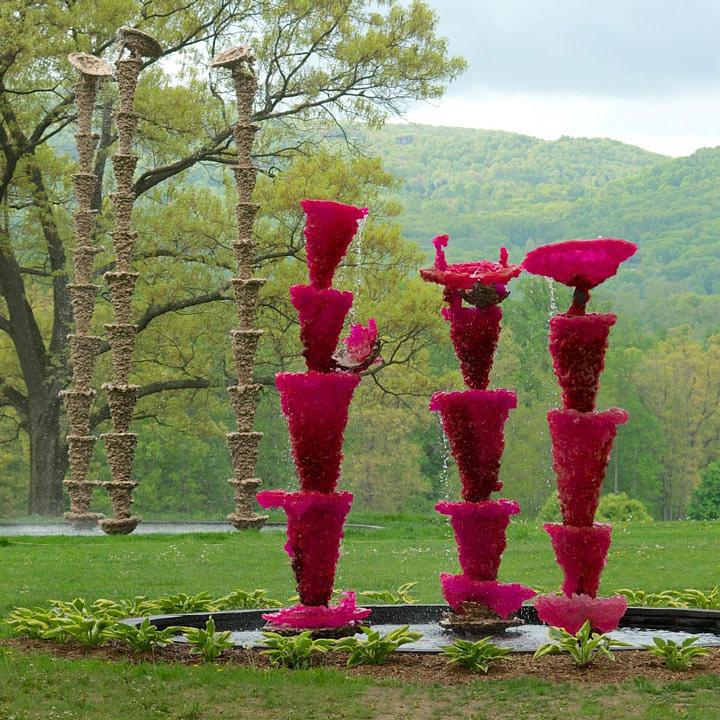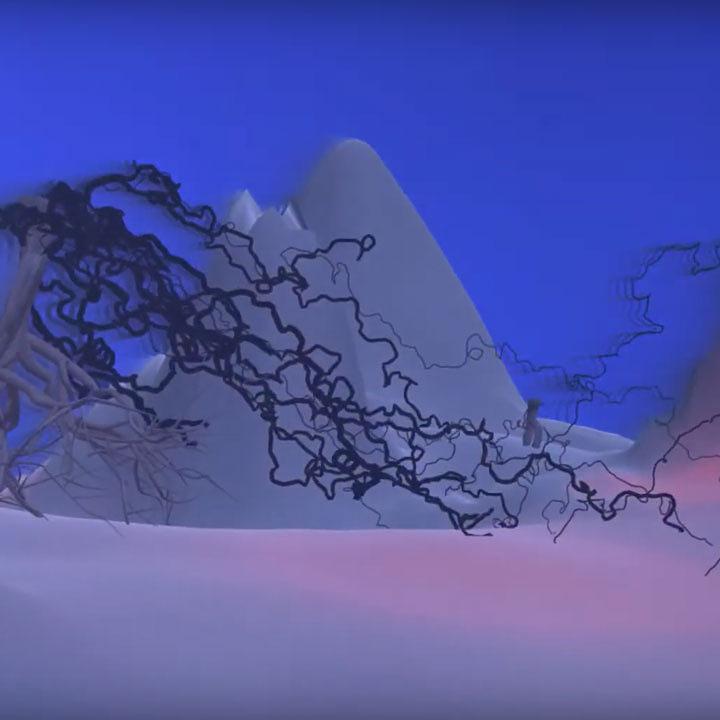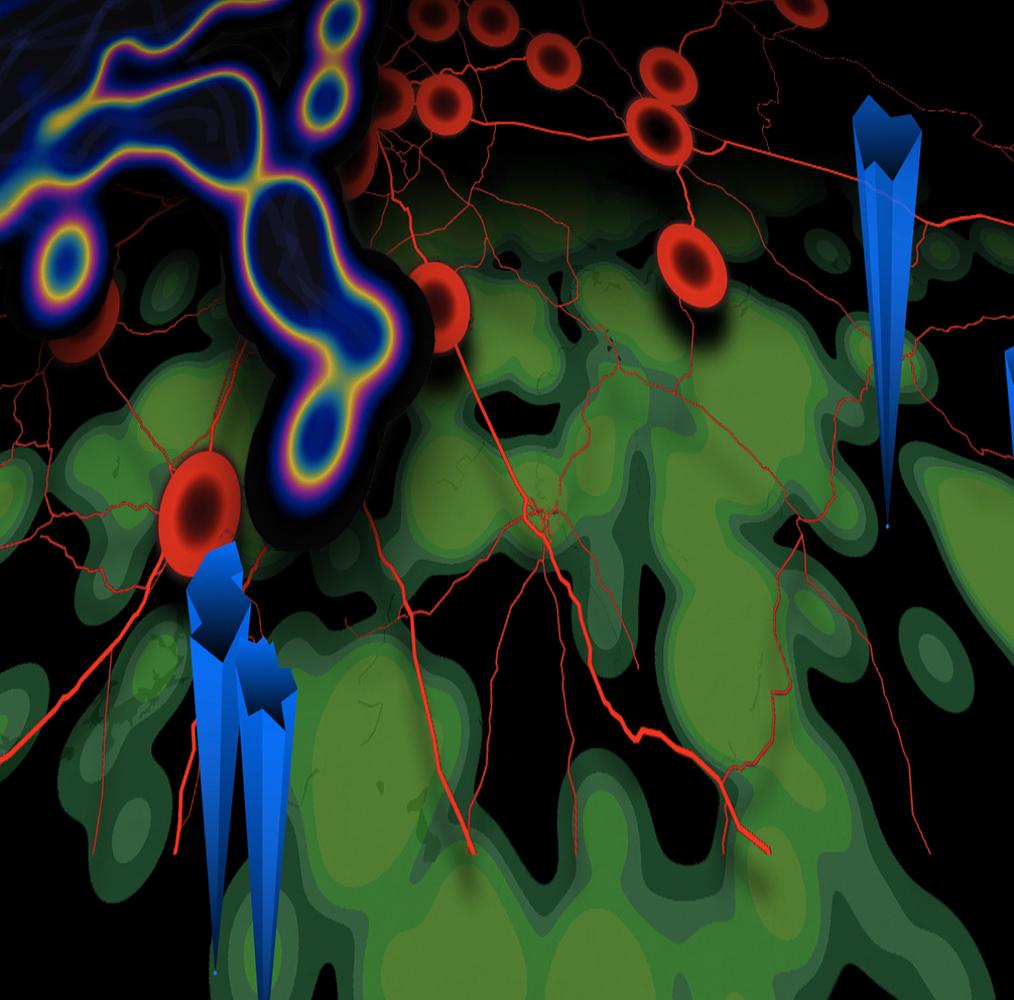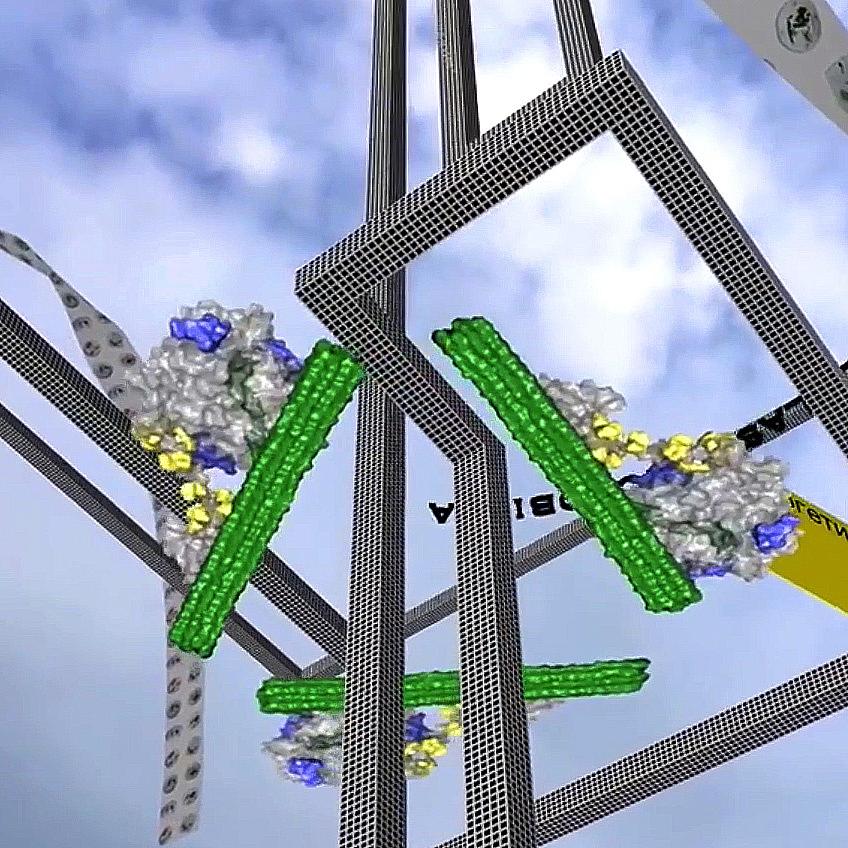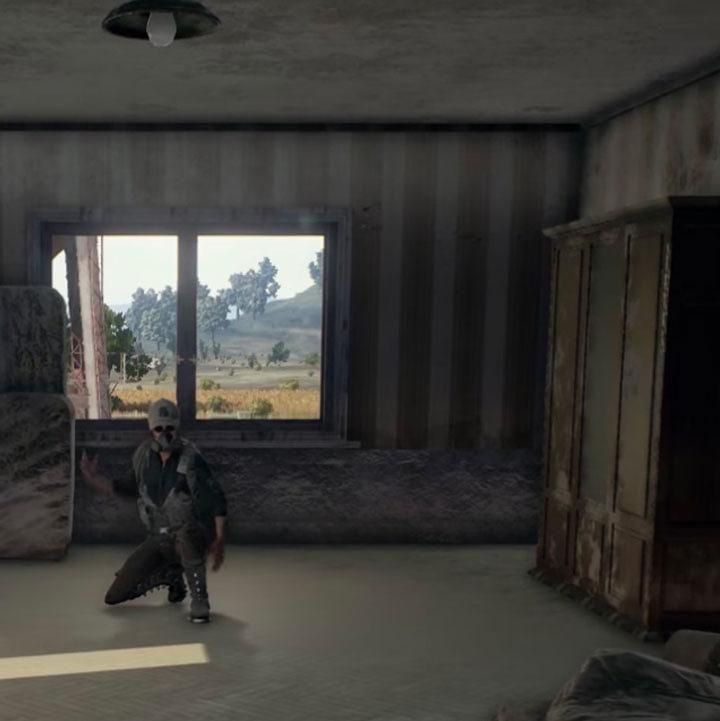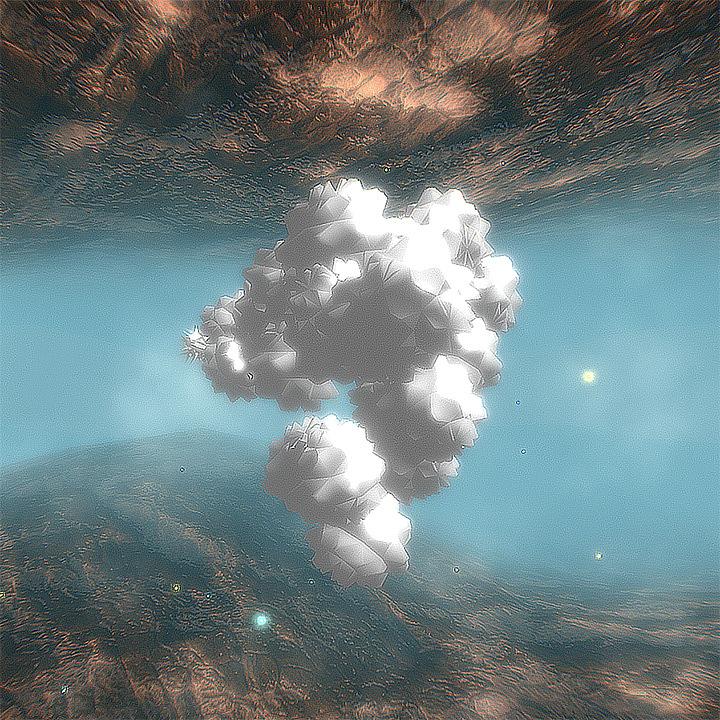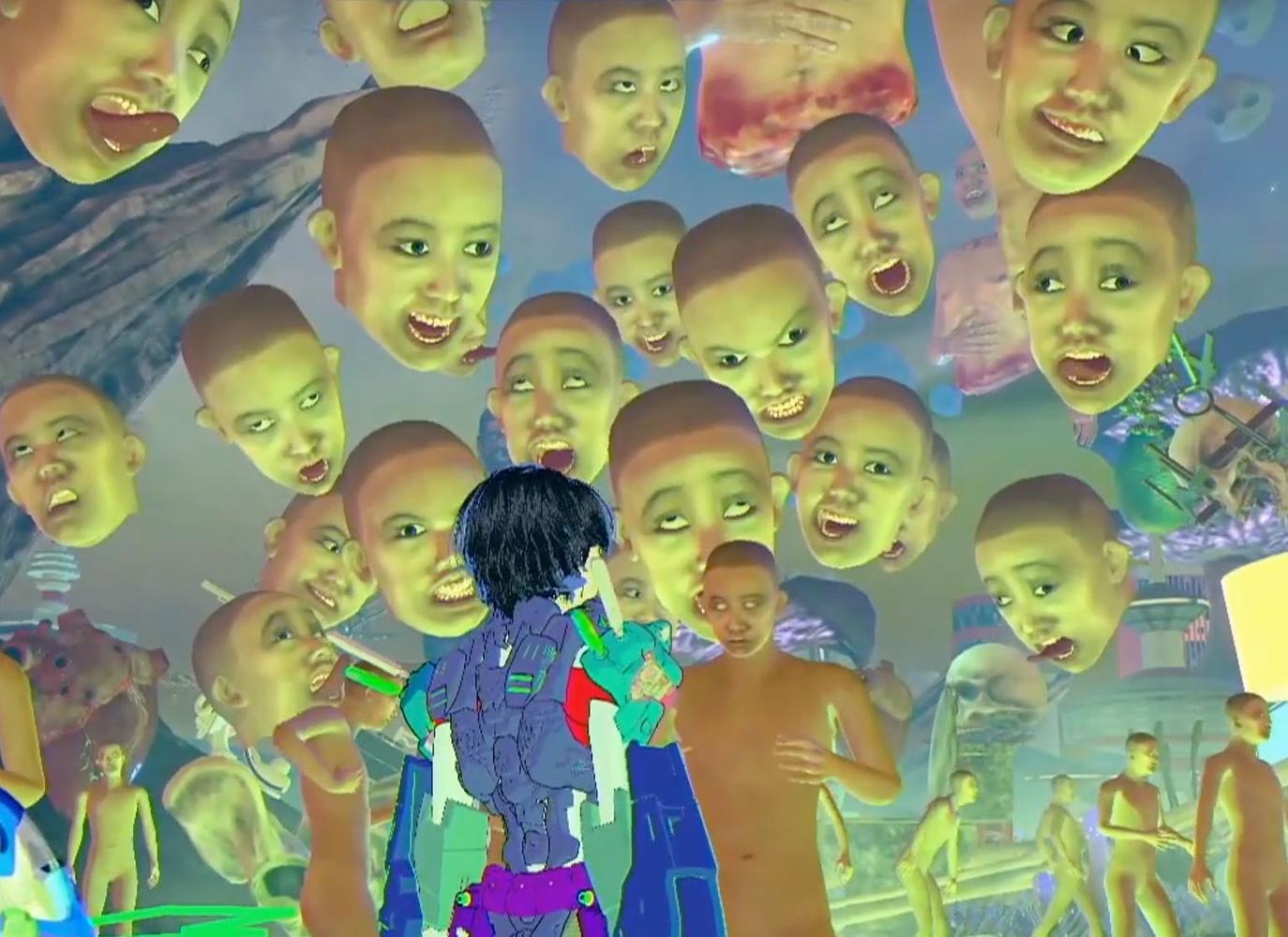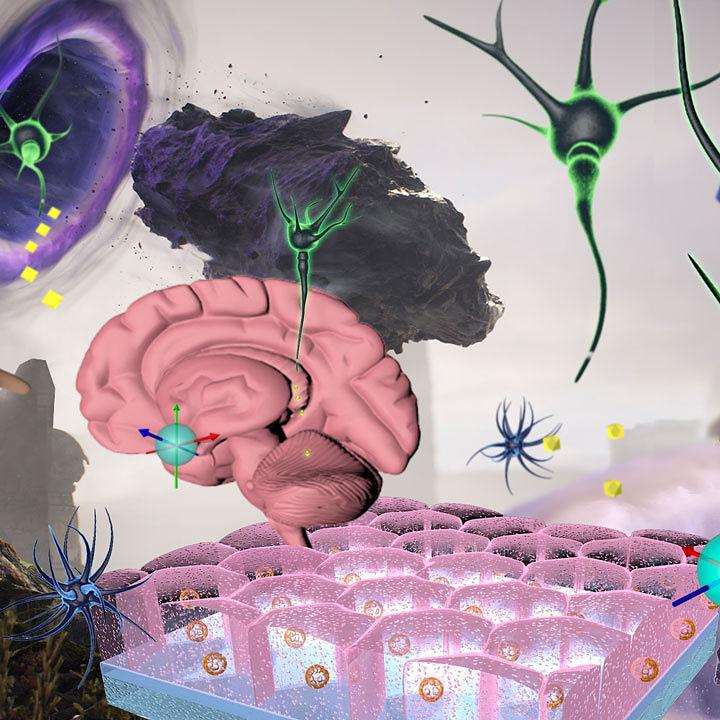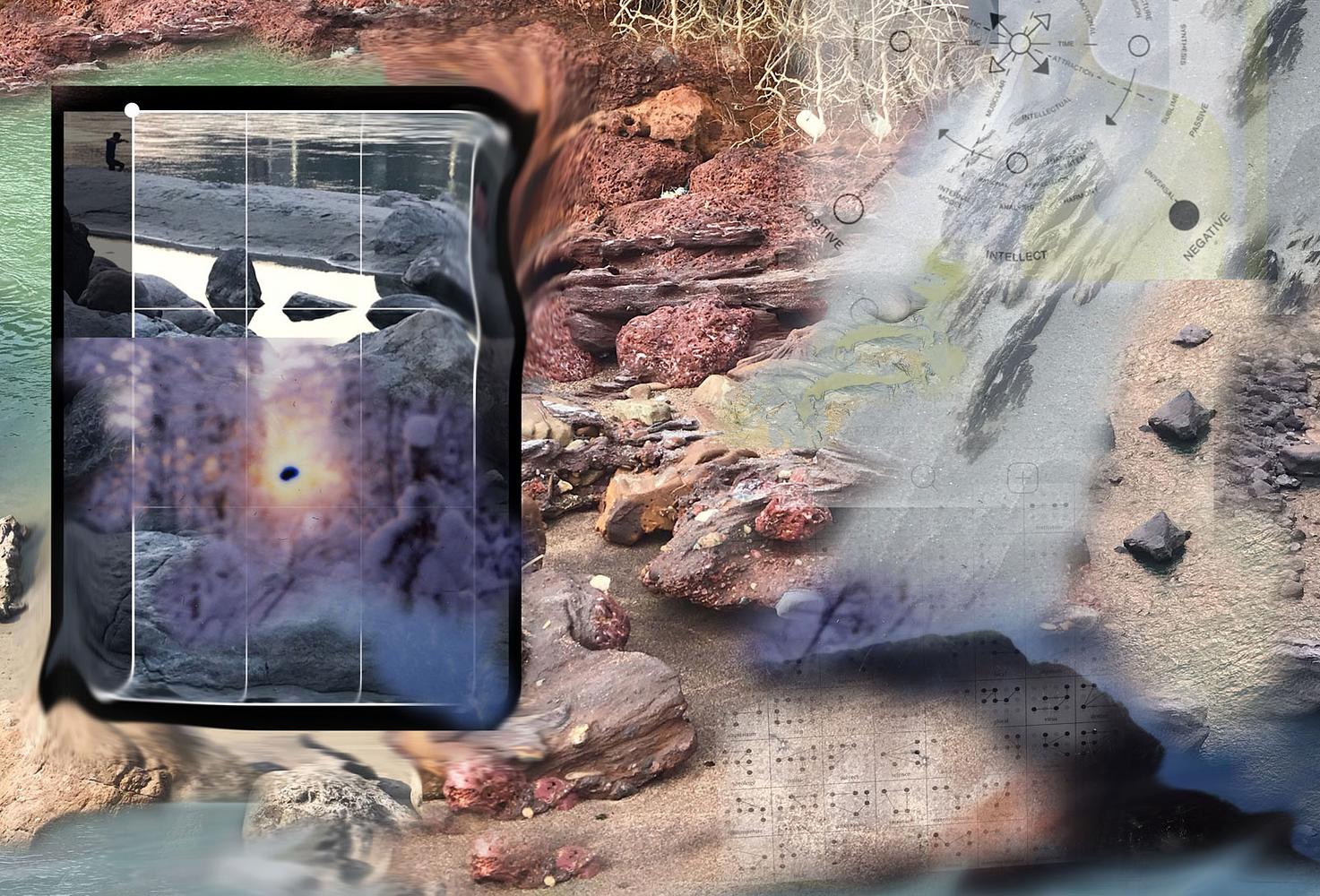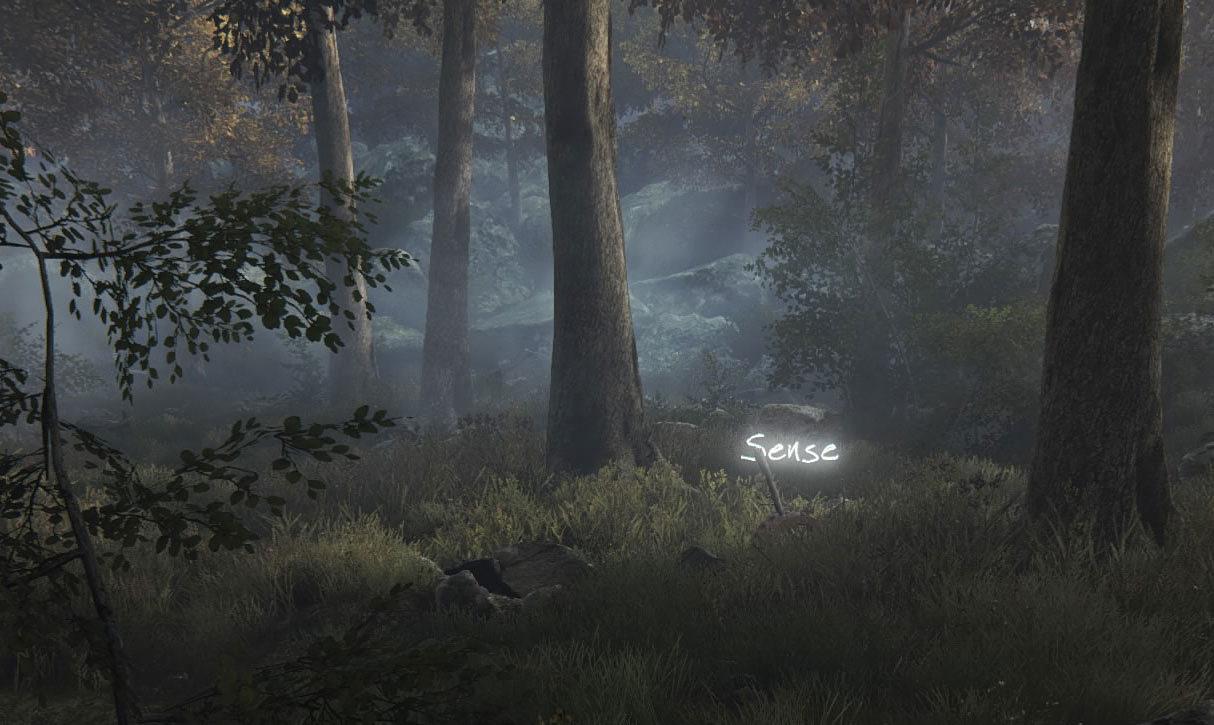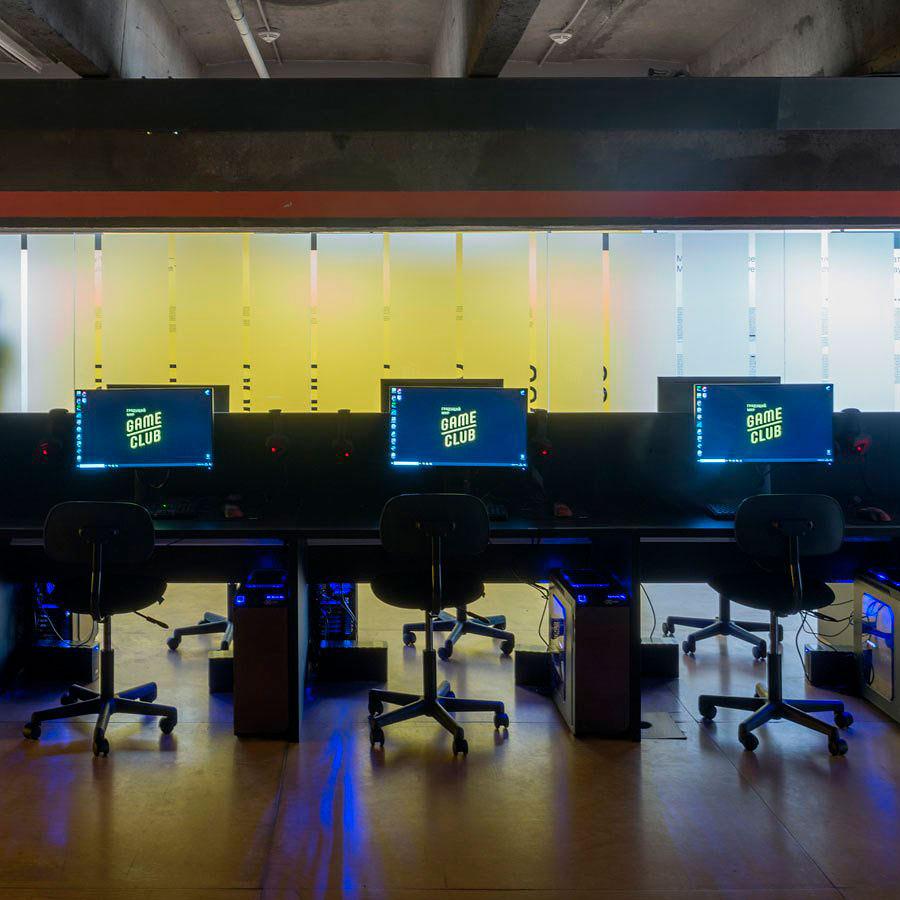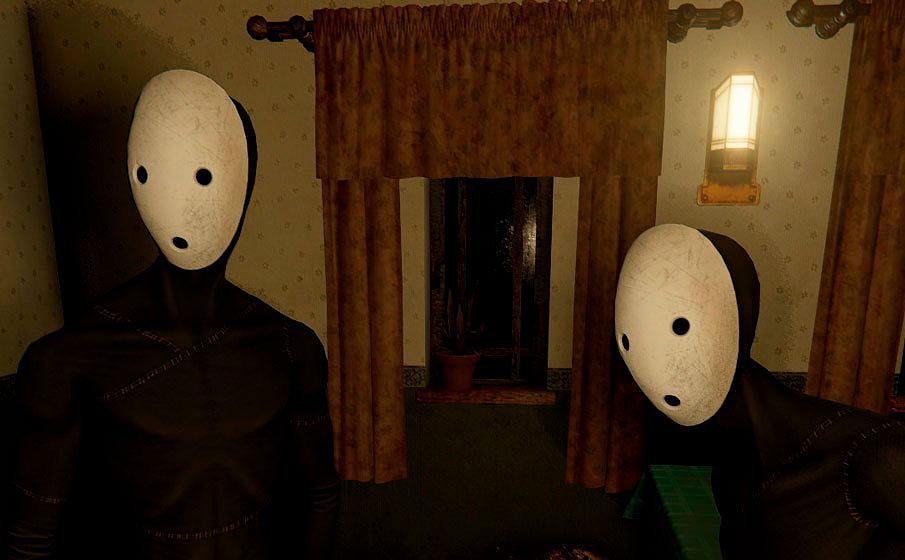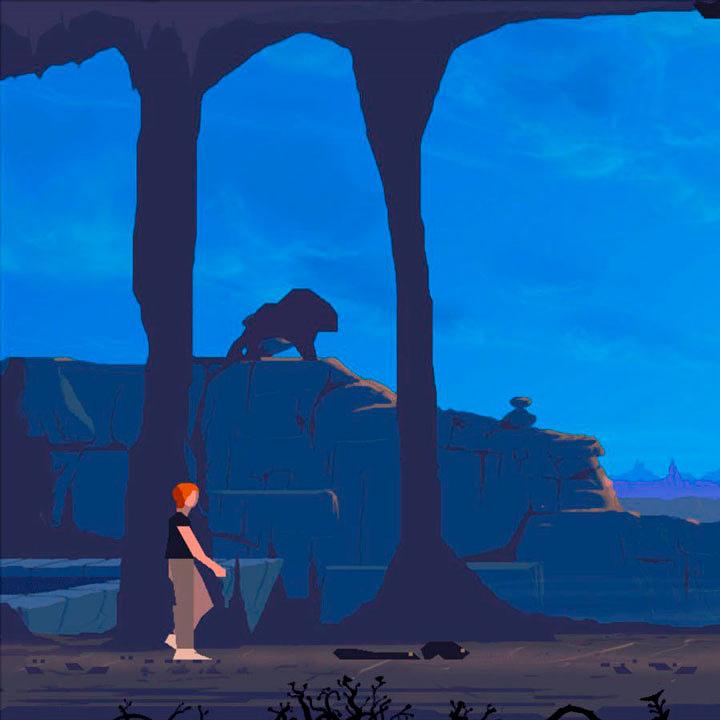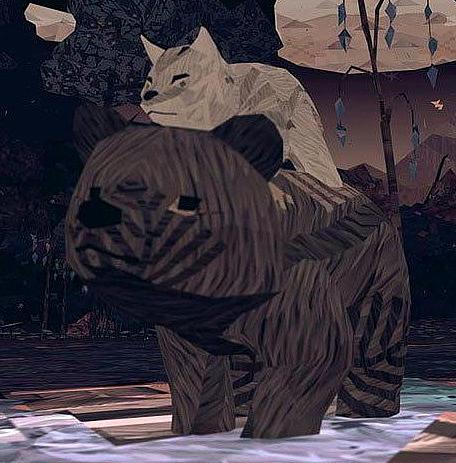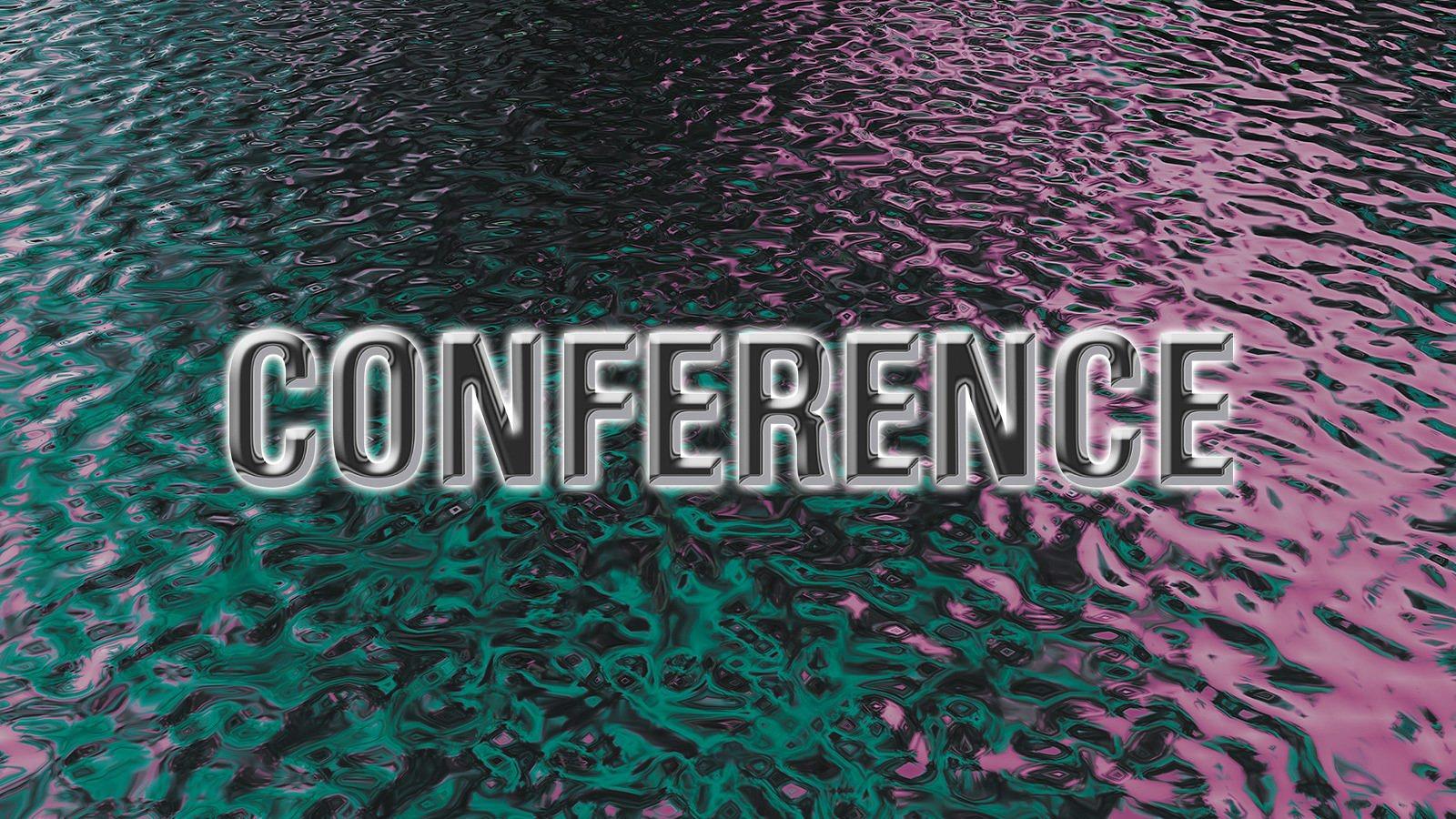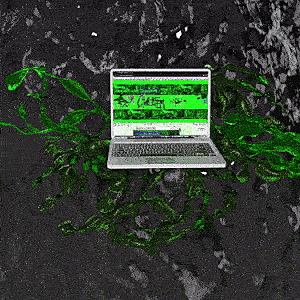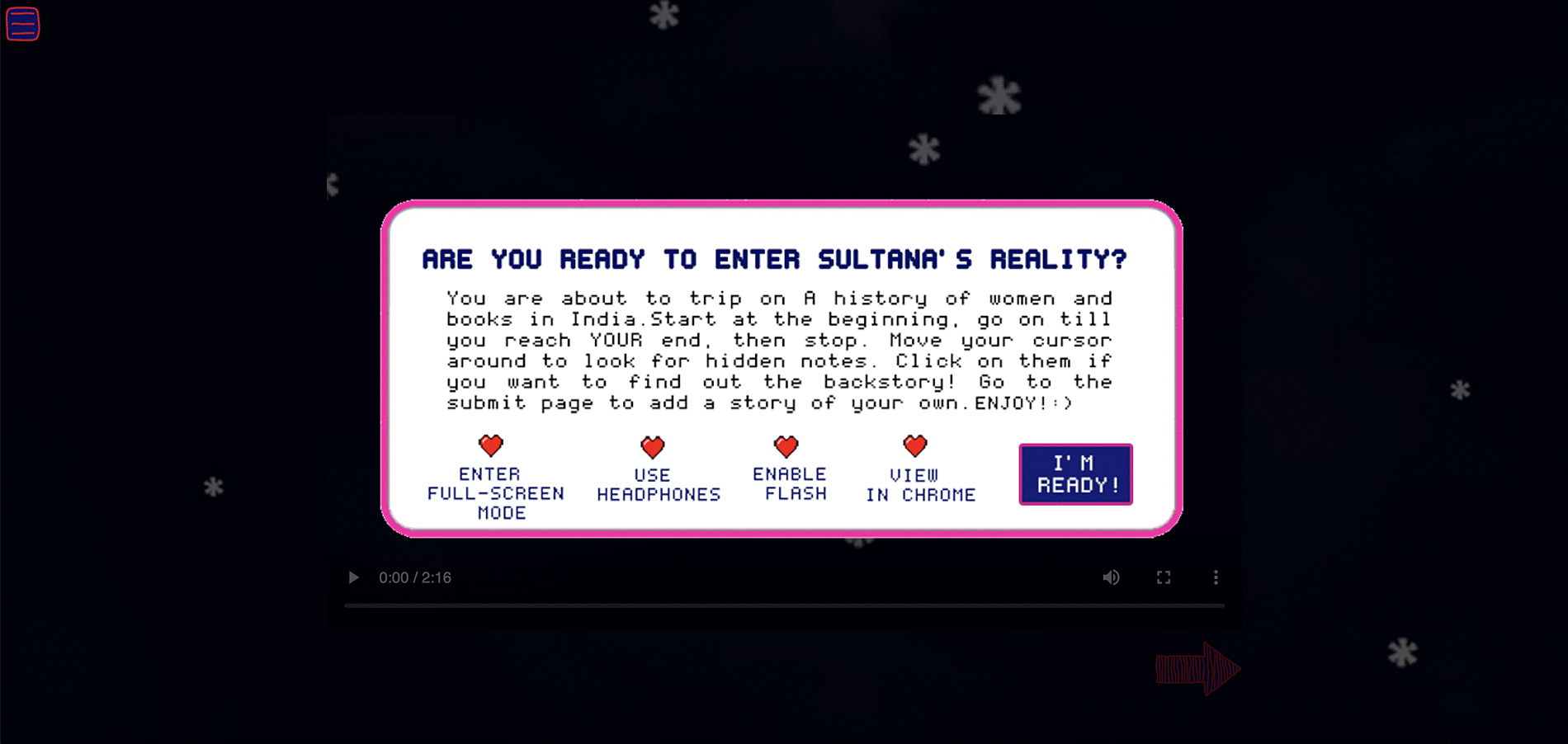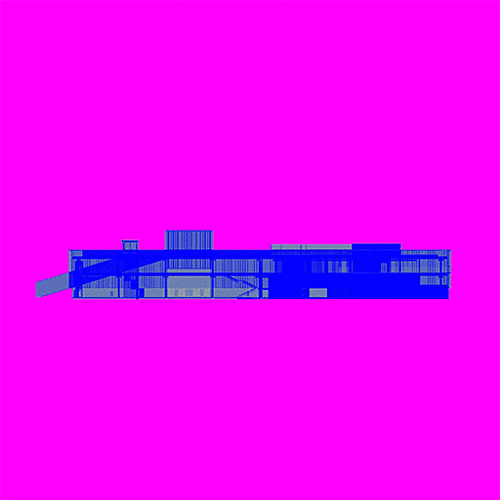
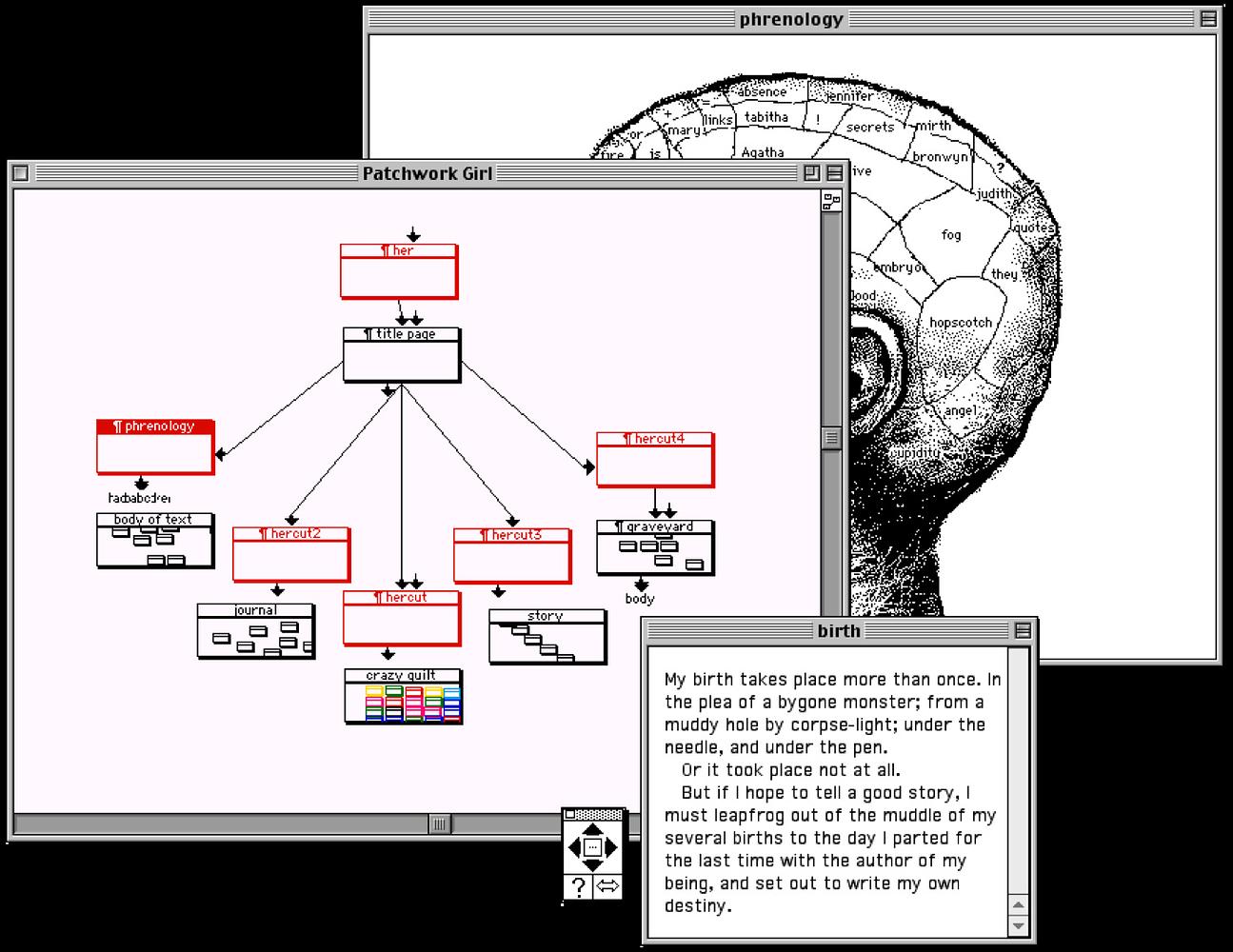
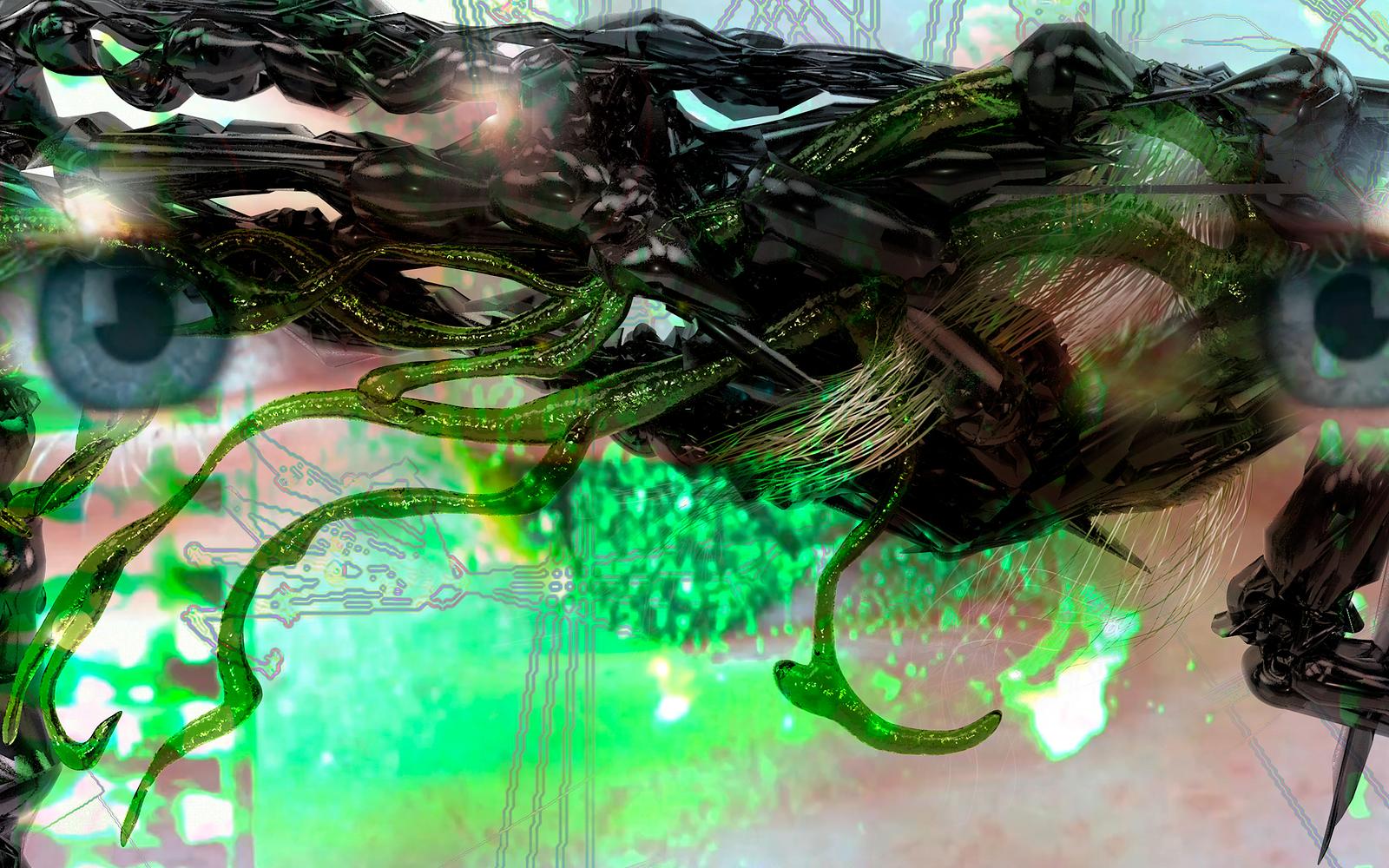
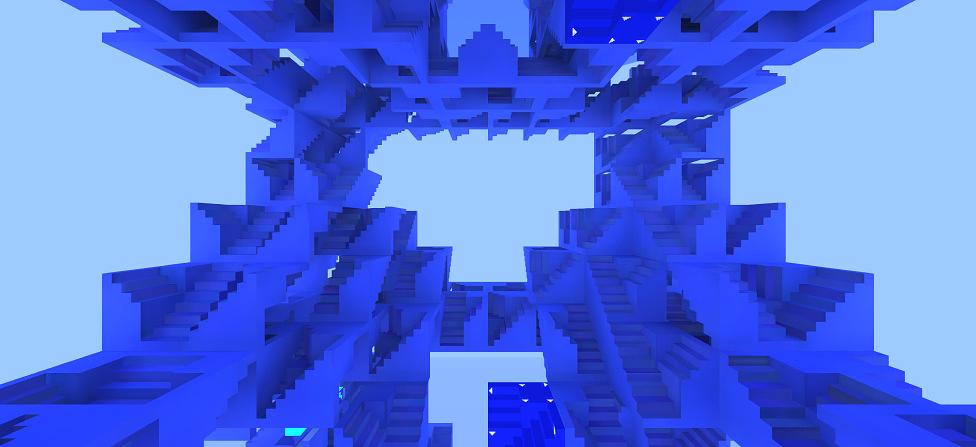
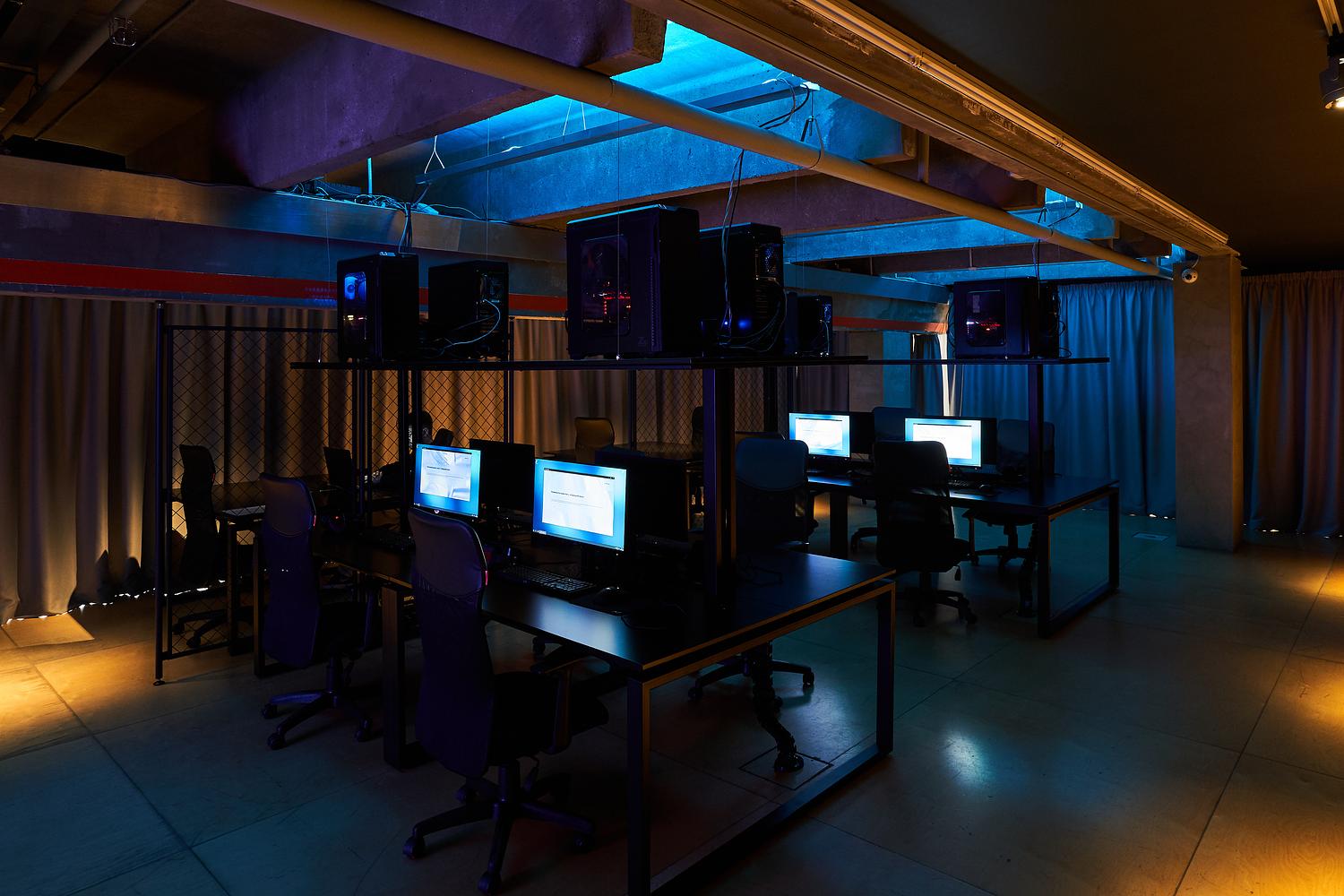

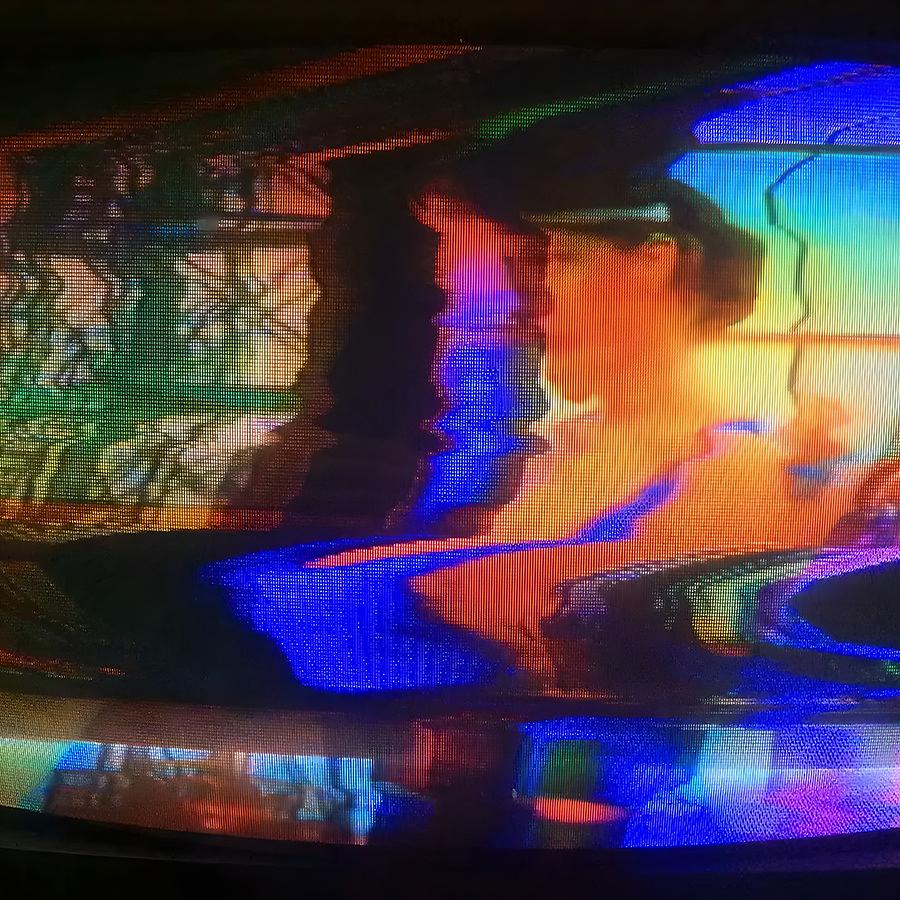
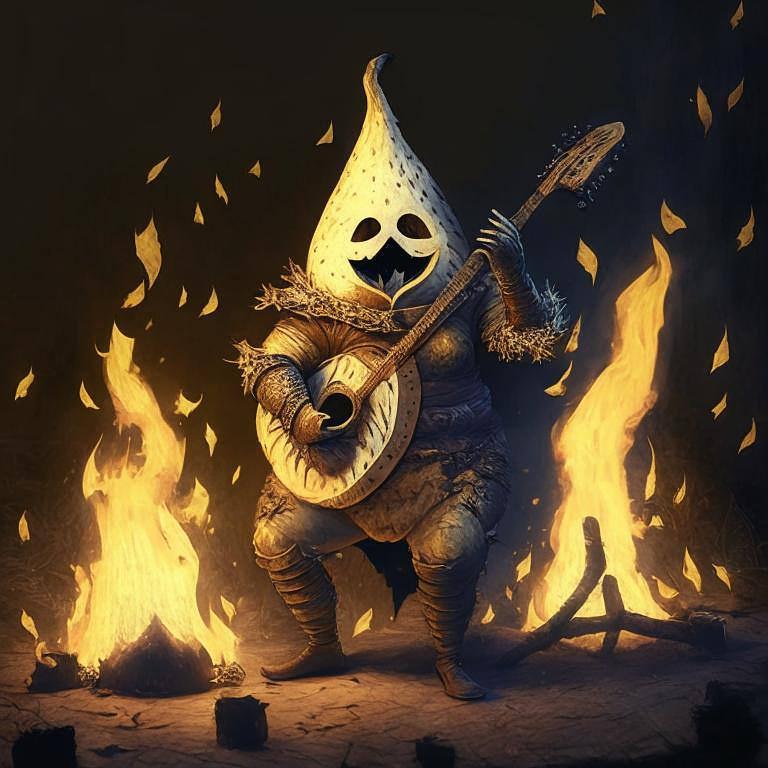
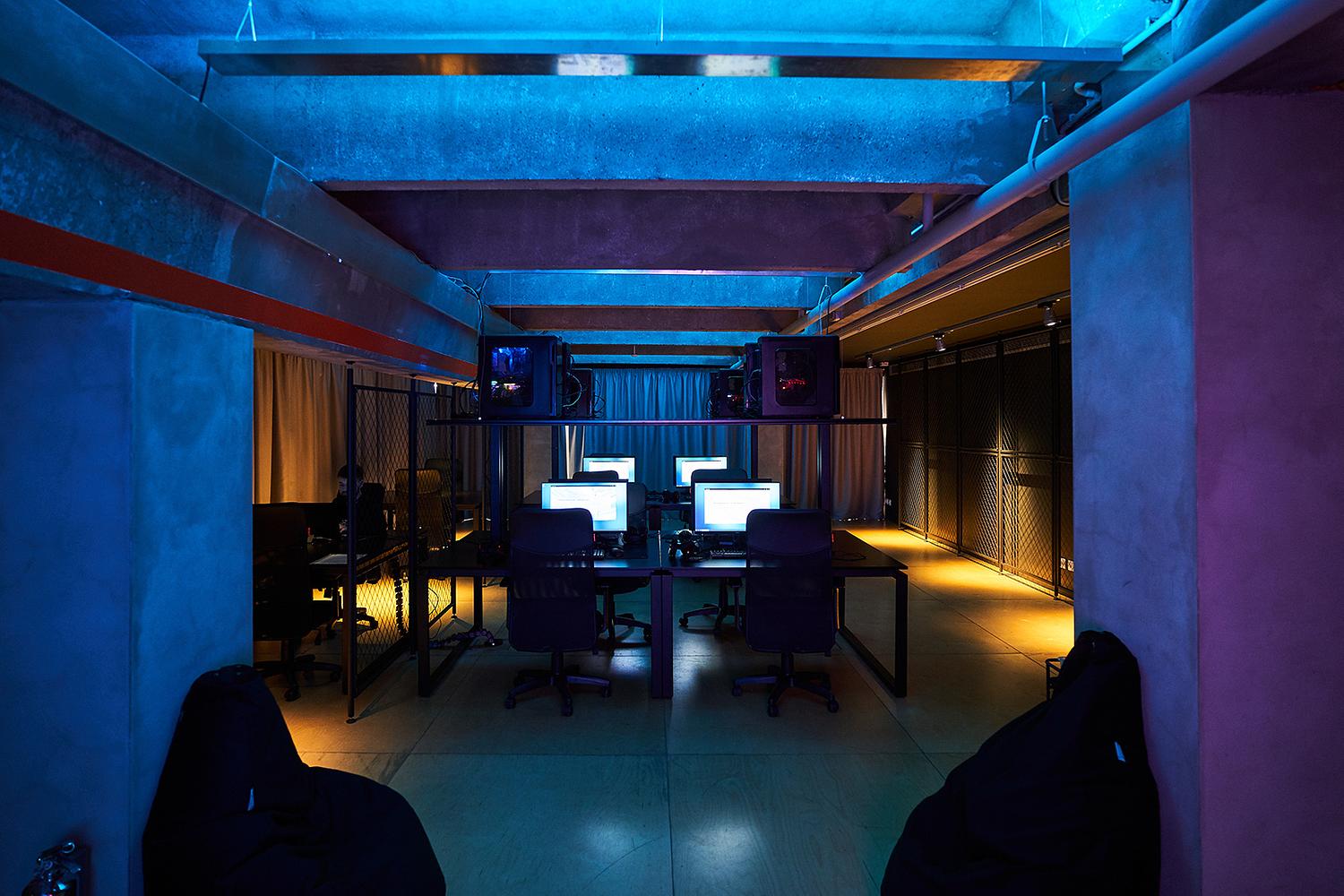
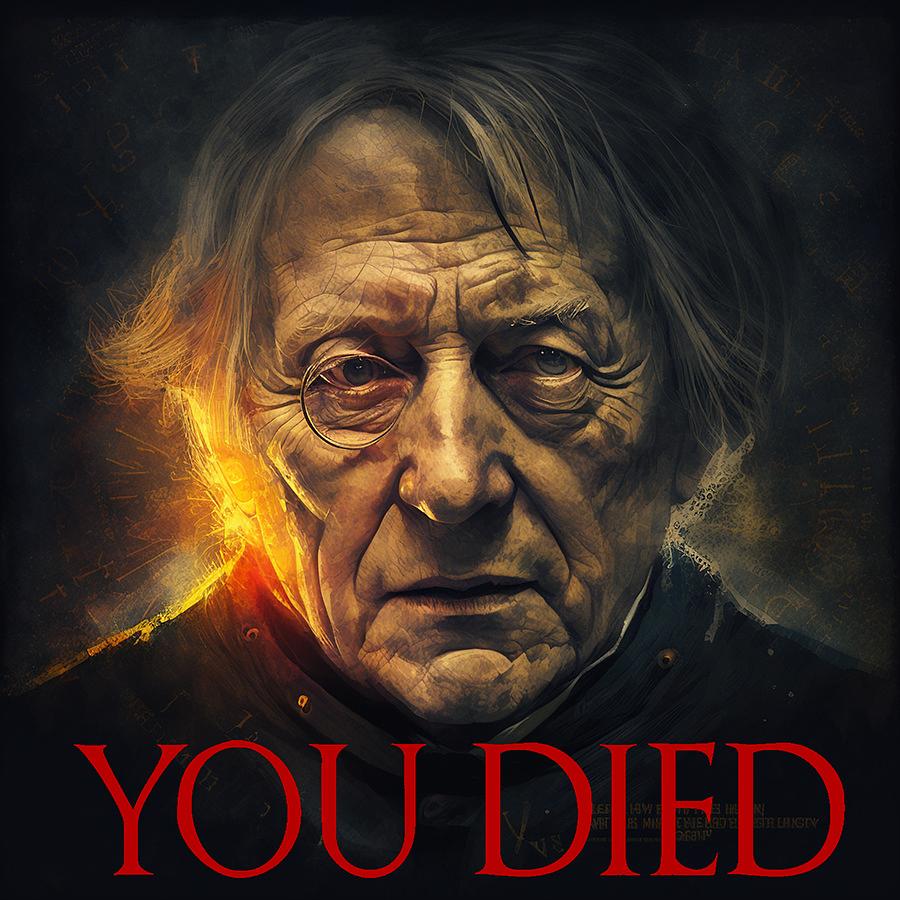
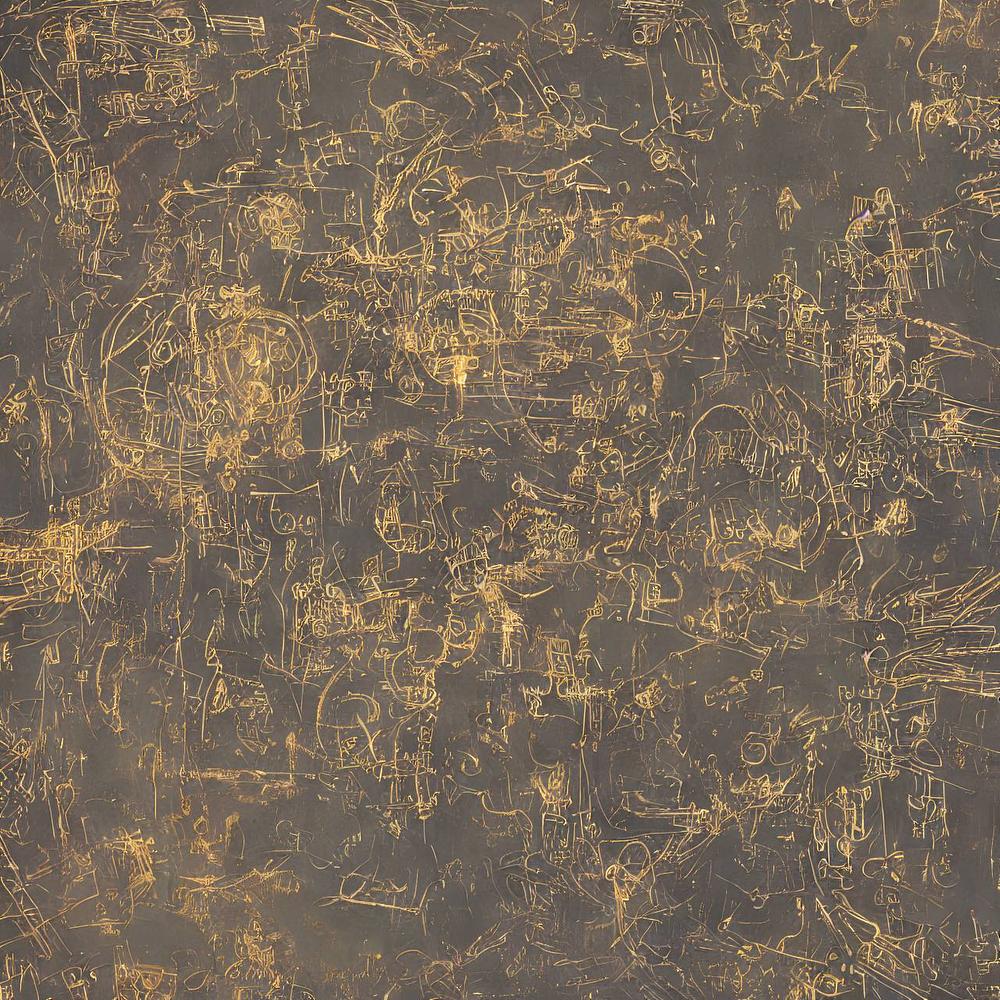
The main goal of the seminar is to transform gaming practice, which is casually believed to be a nonimportant recreational activity, into a training ground for the production of knowledge and social and cultural studies.
This event is part of the public program of the World Gone By computer class.
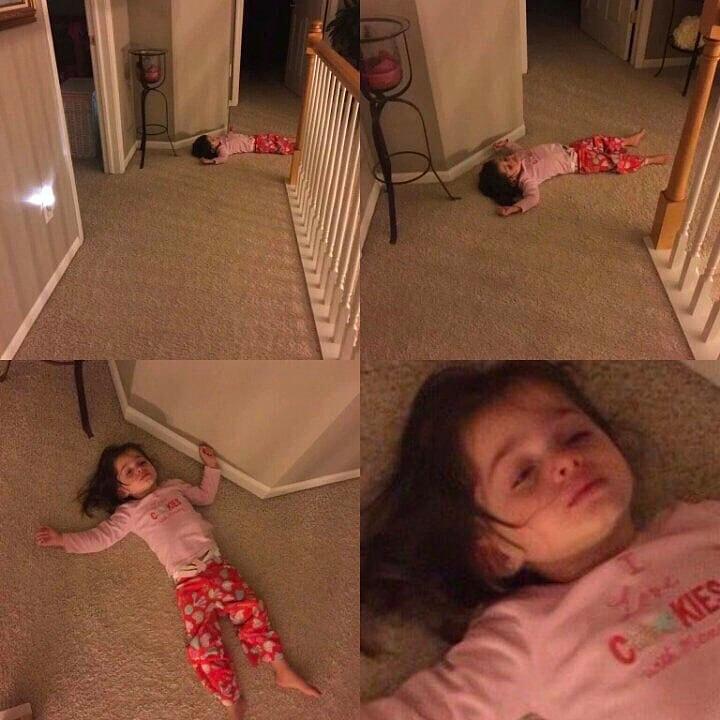
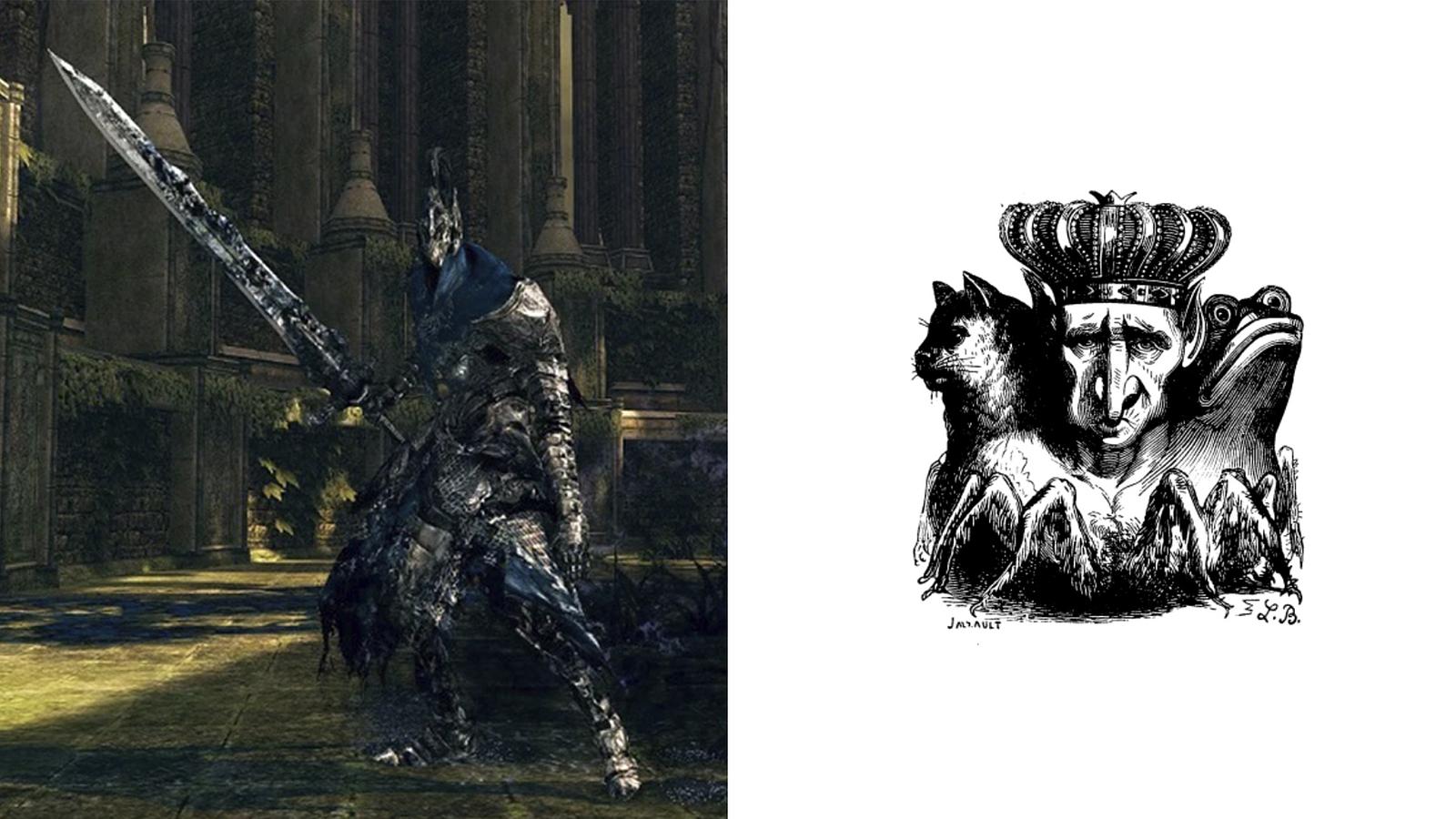
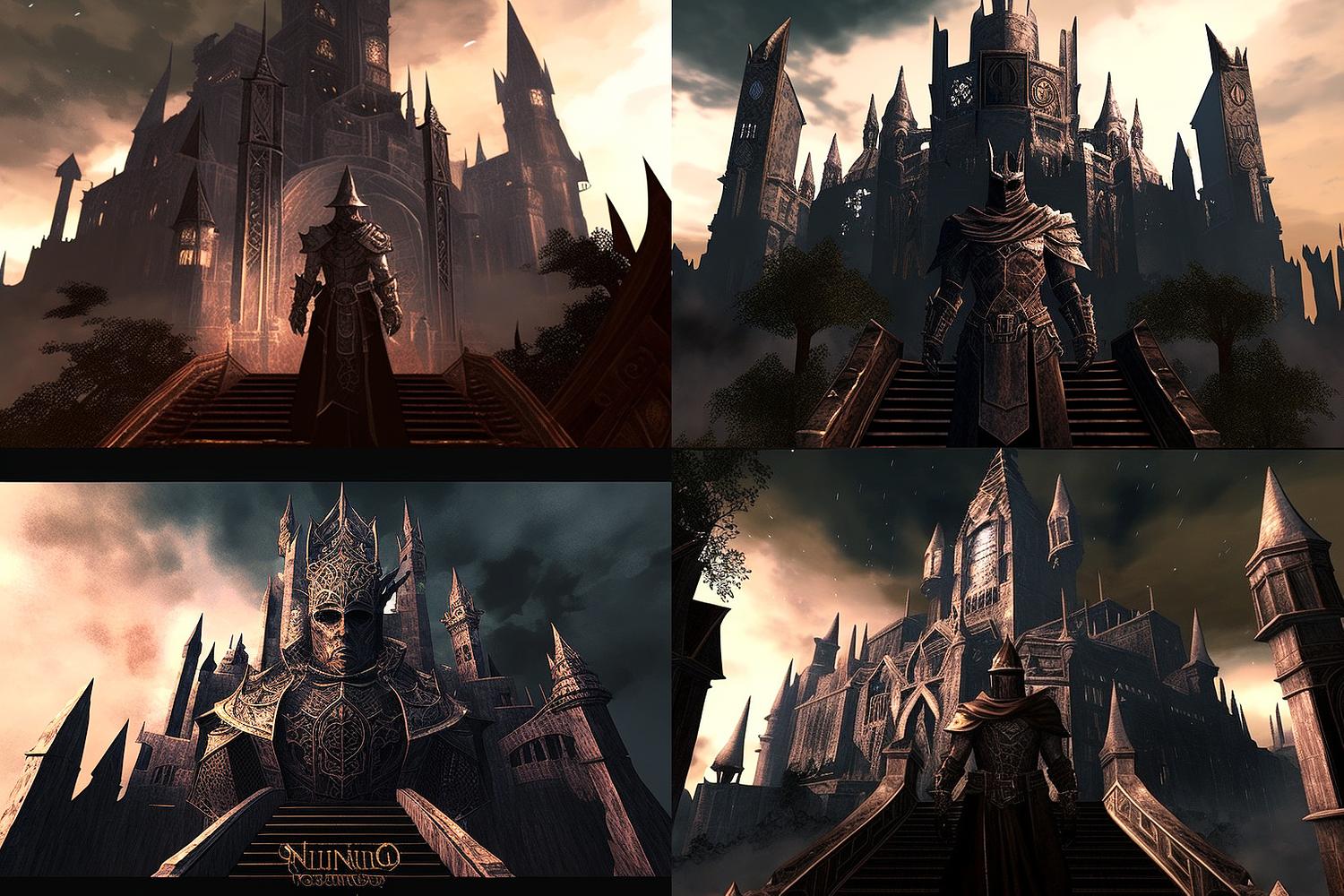
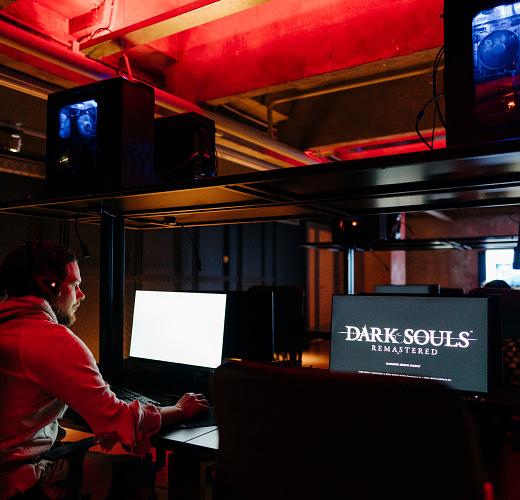
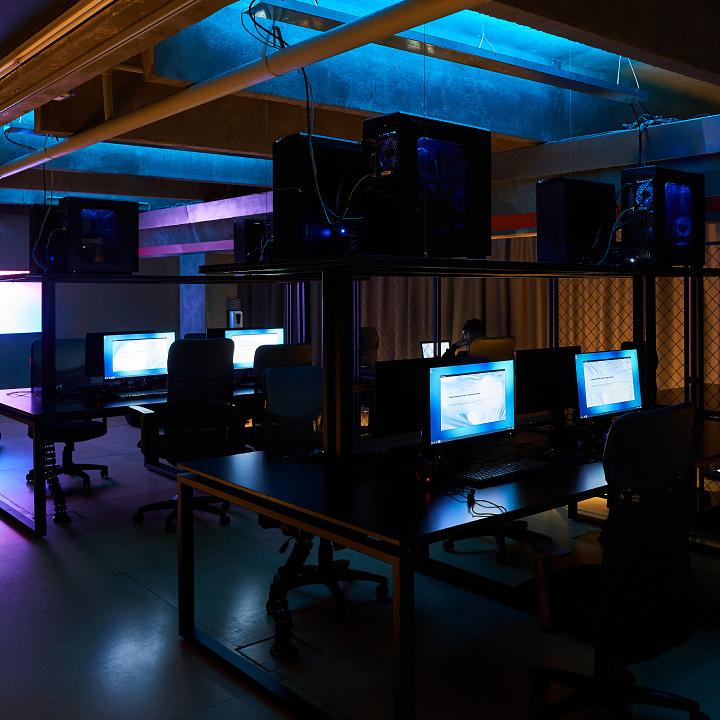

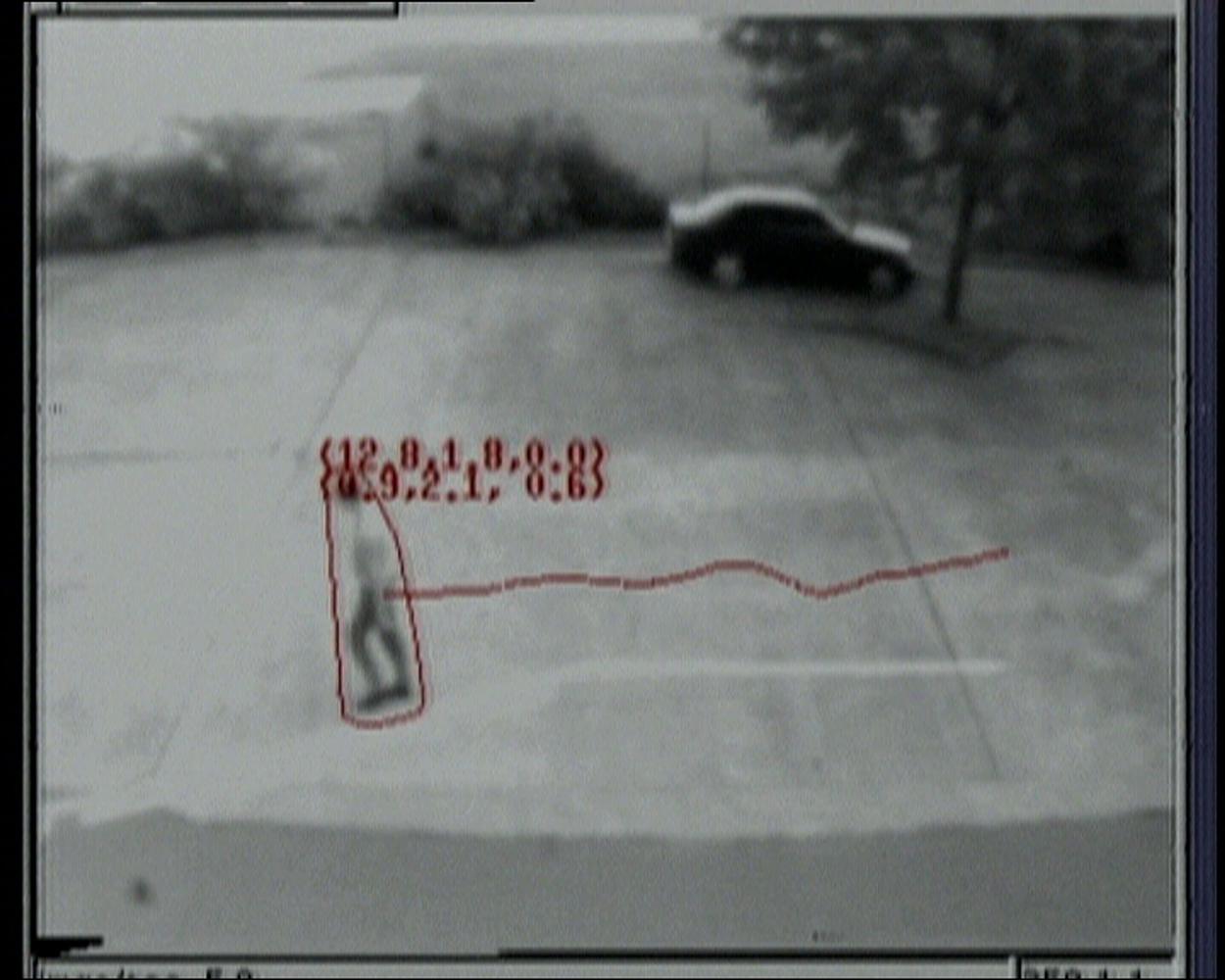
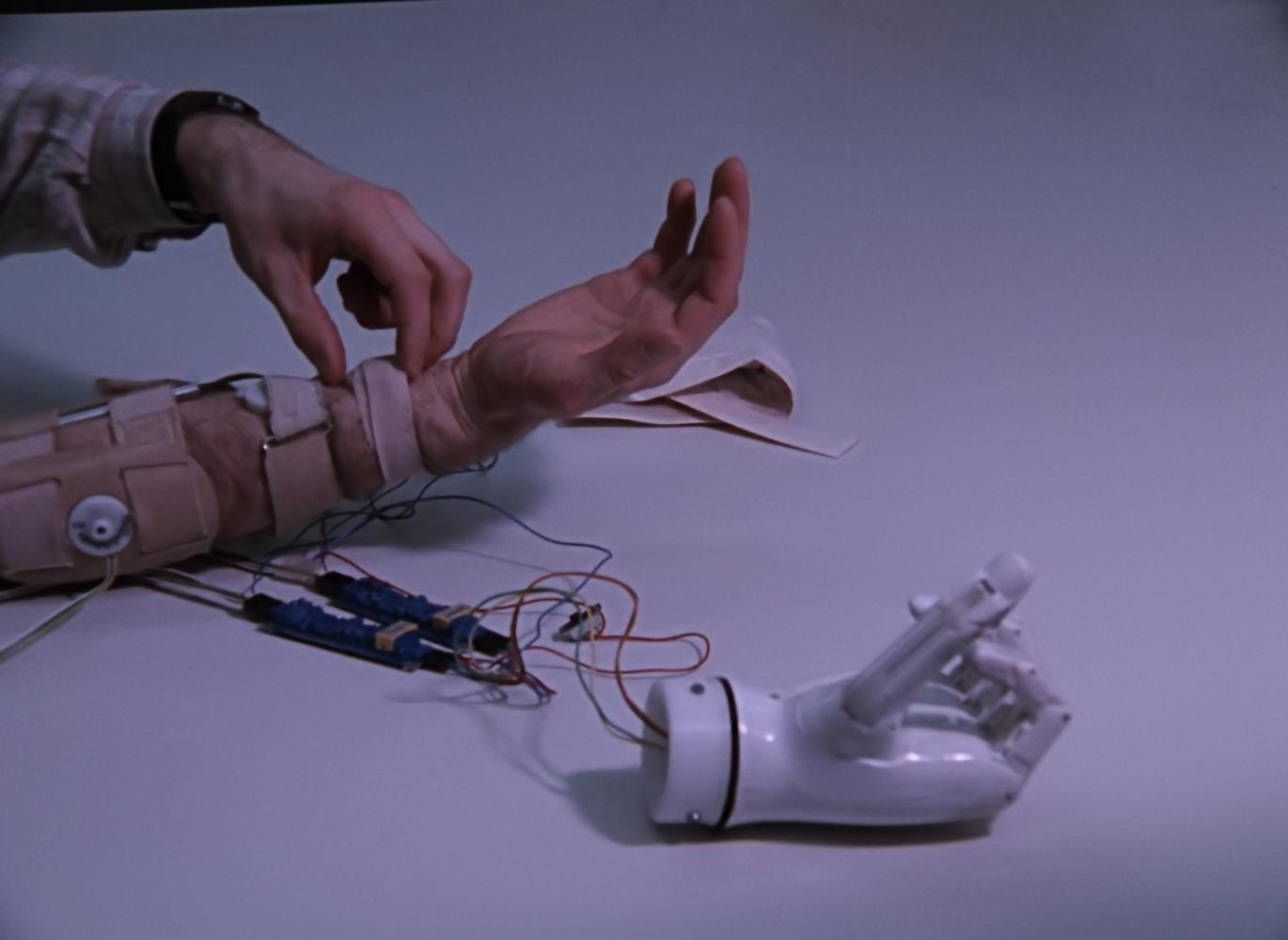
Garage Digital stopped working on this project.

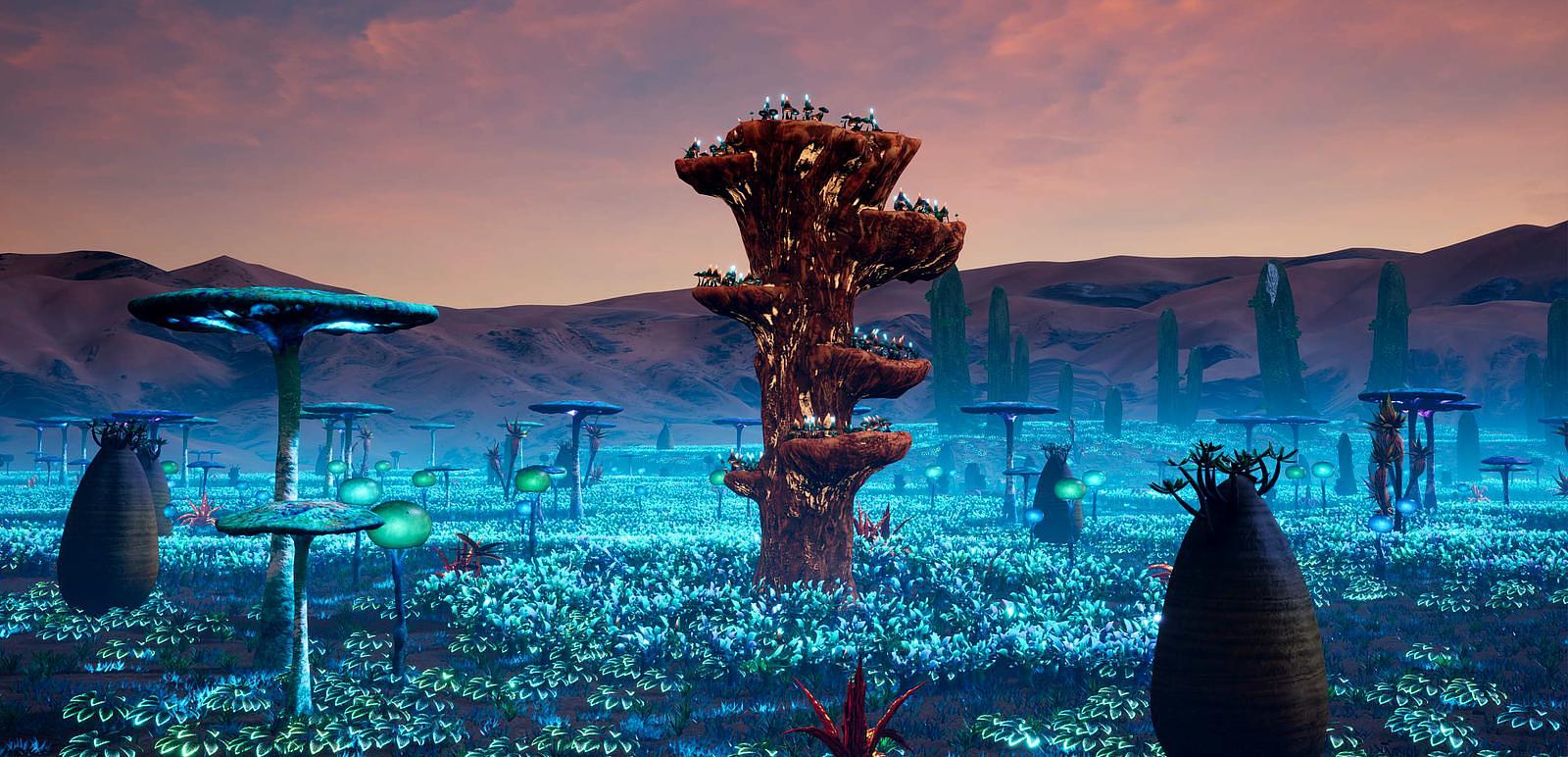
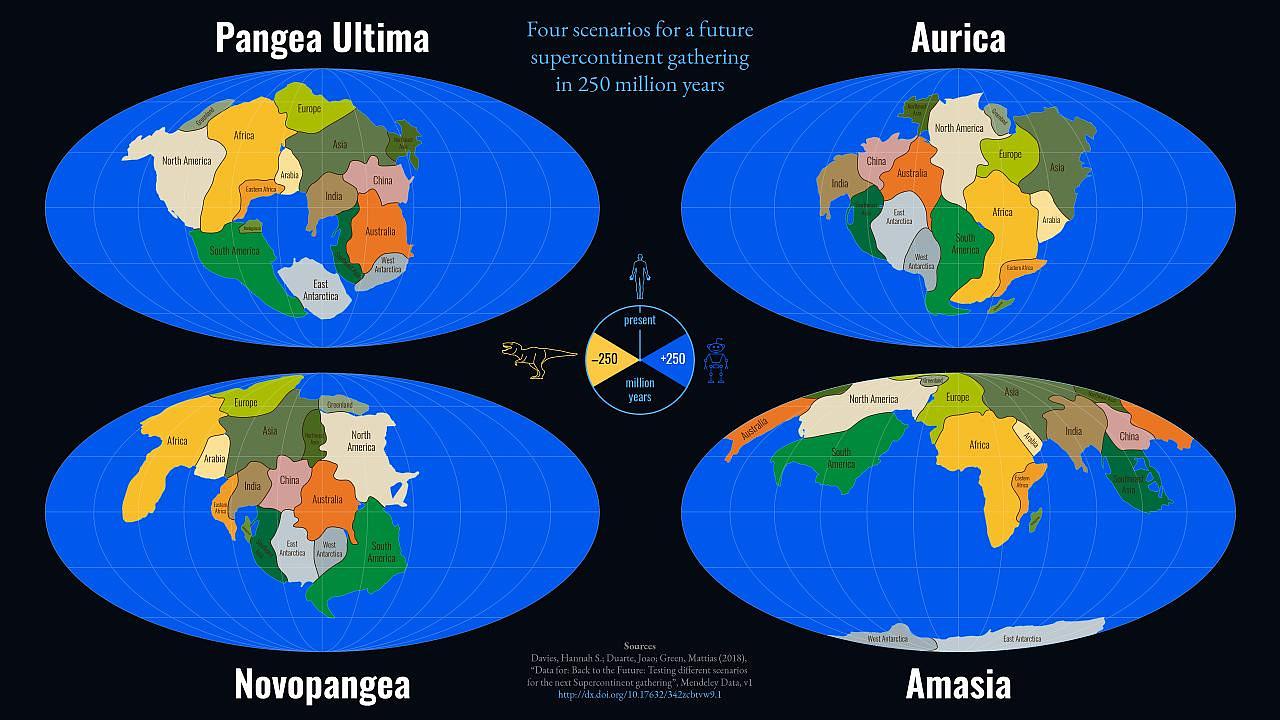
Performance Hydrogen City is the new site-specific performance by Digital Object Alliance invites visitors to experience the materiality of a speculative world of the future through the possible embodiment of videogame logics. The performance took place at Hyundai Motorstudio Moscow as part of the joint program by Garage Digital and the online platform Rhizome for the international exhibition World on a Wire.
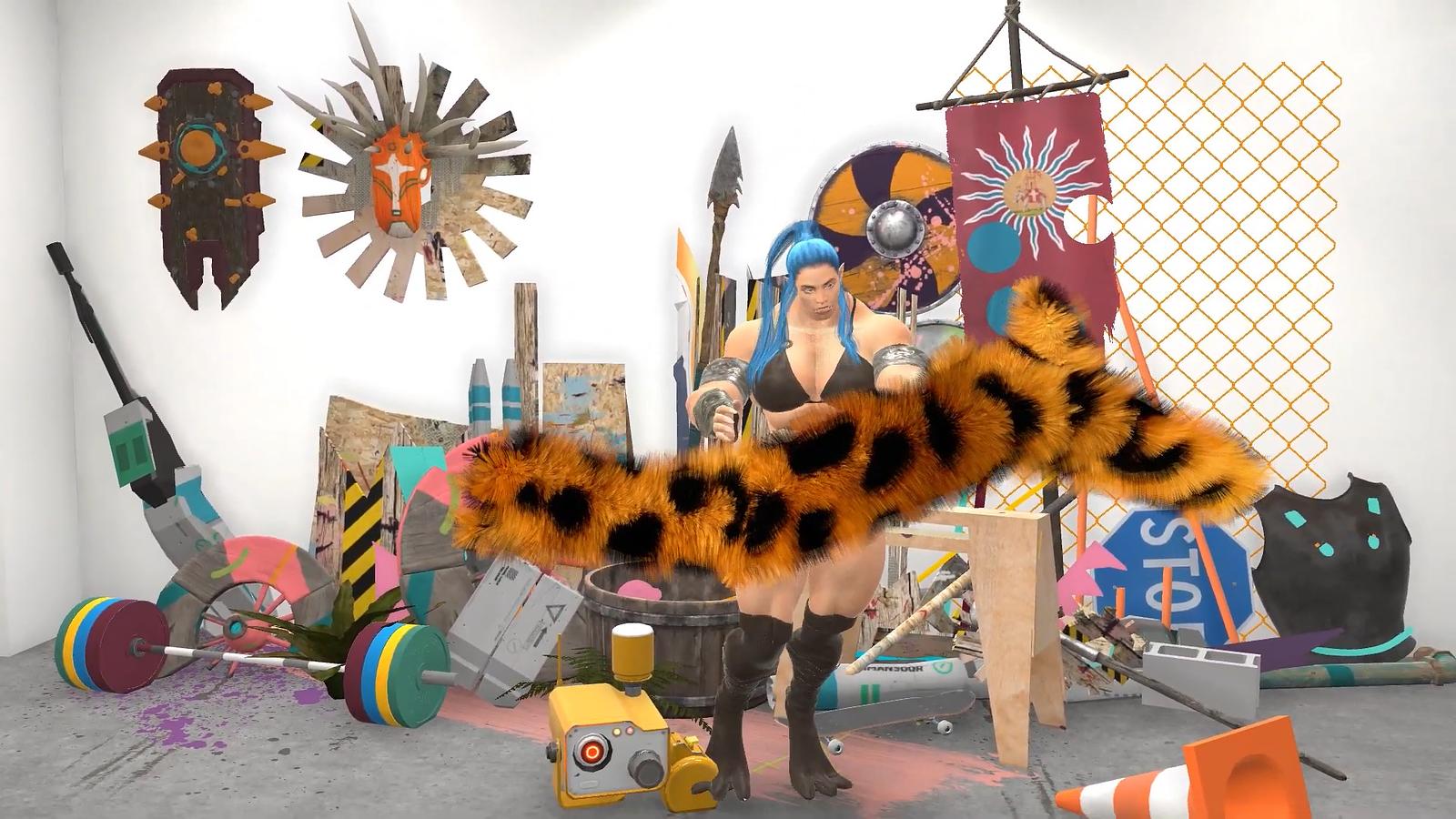
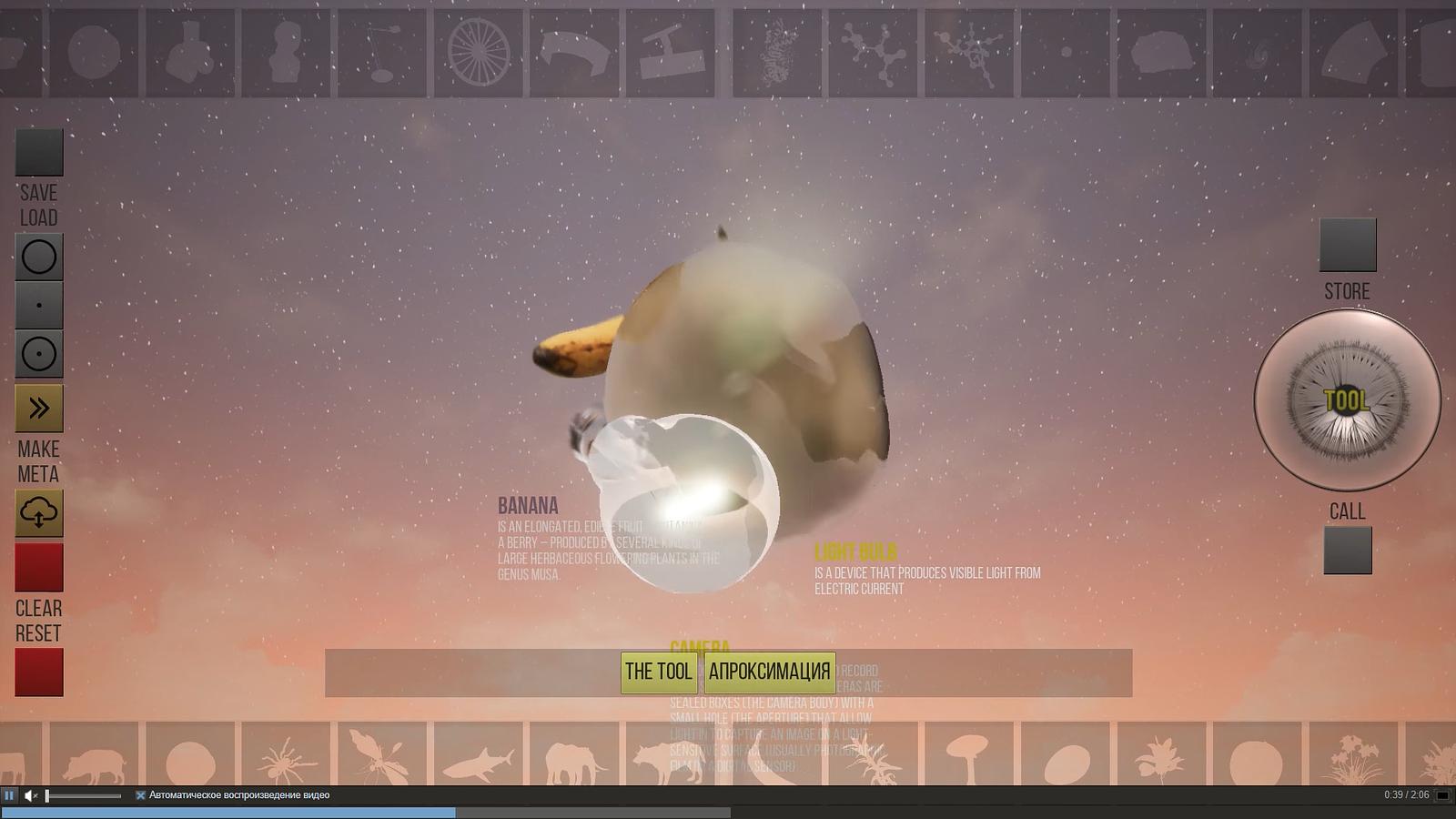
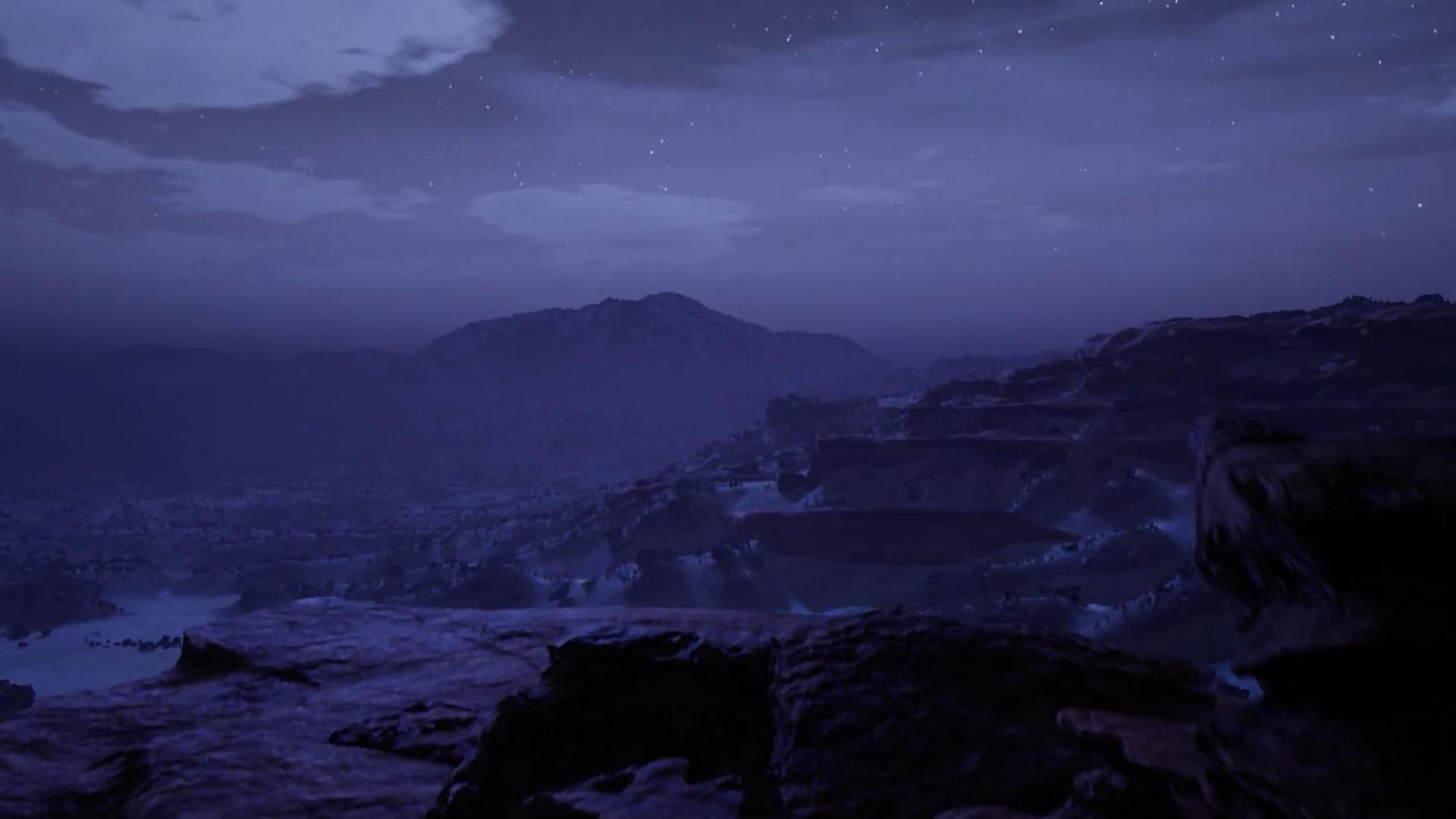
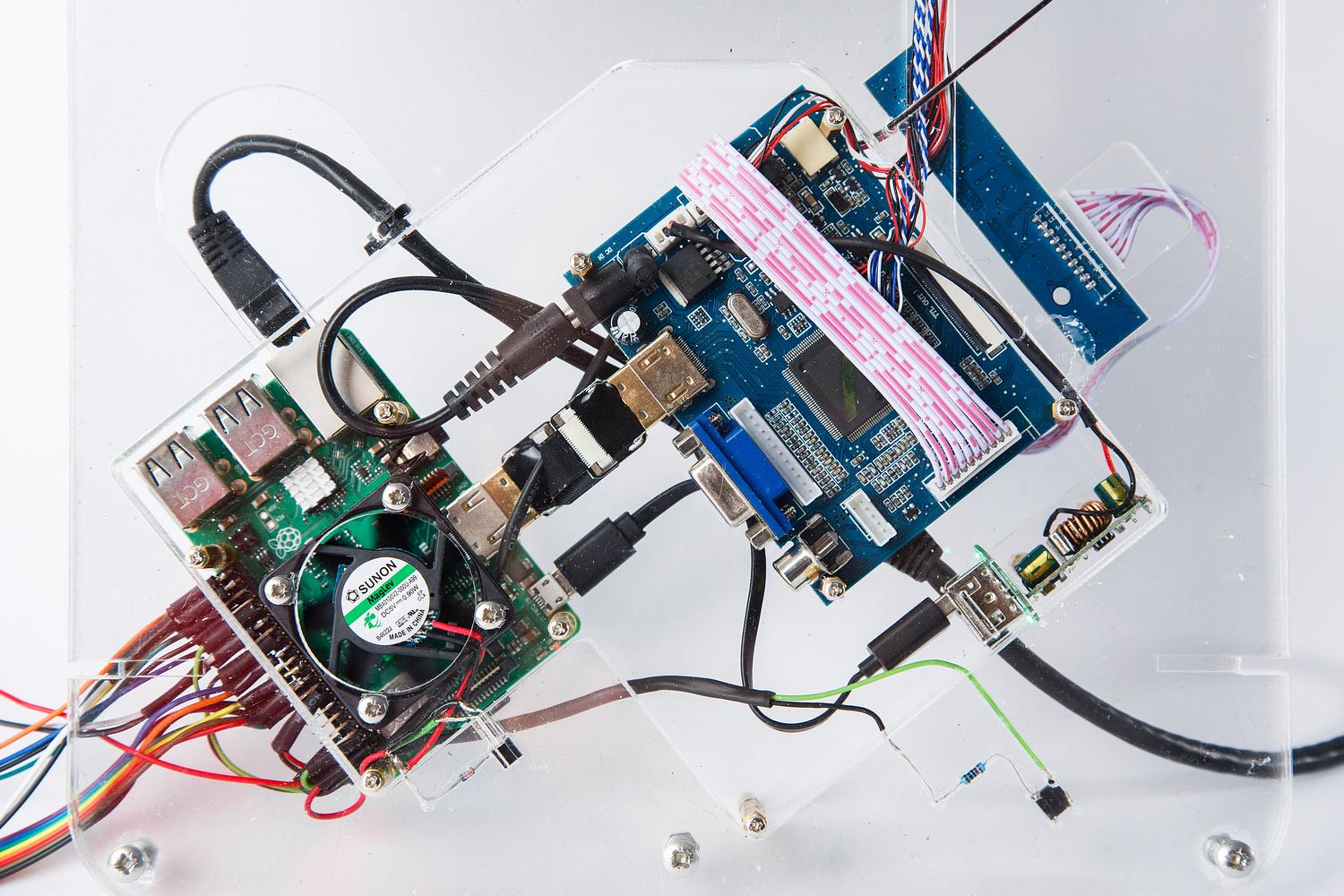
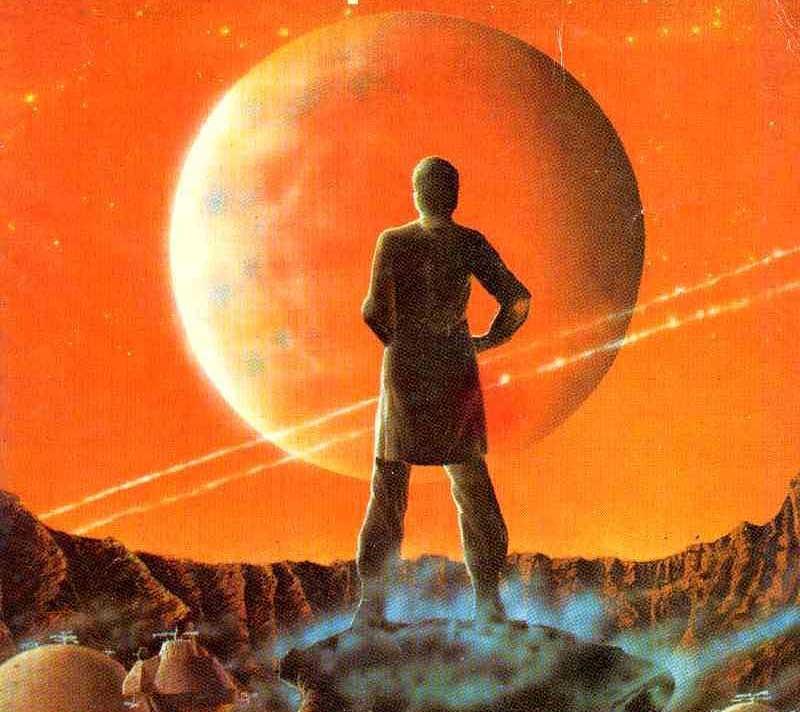
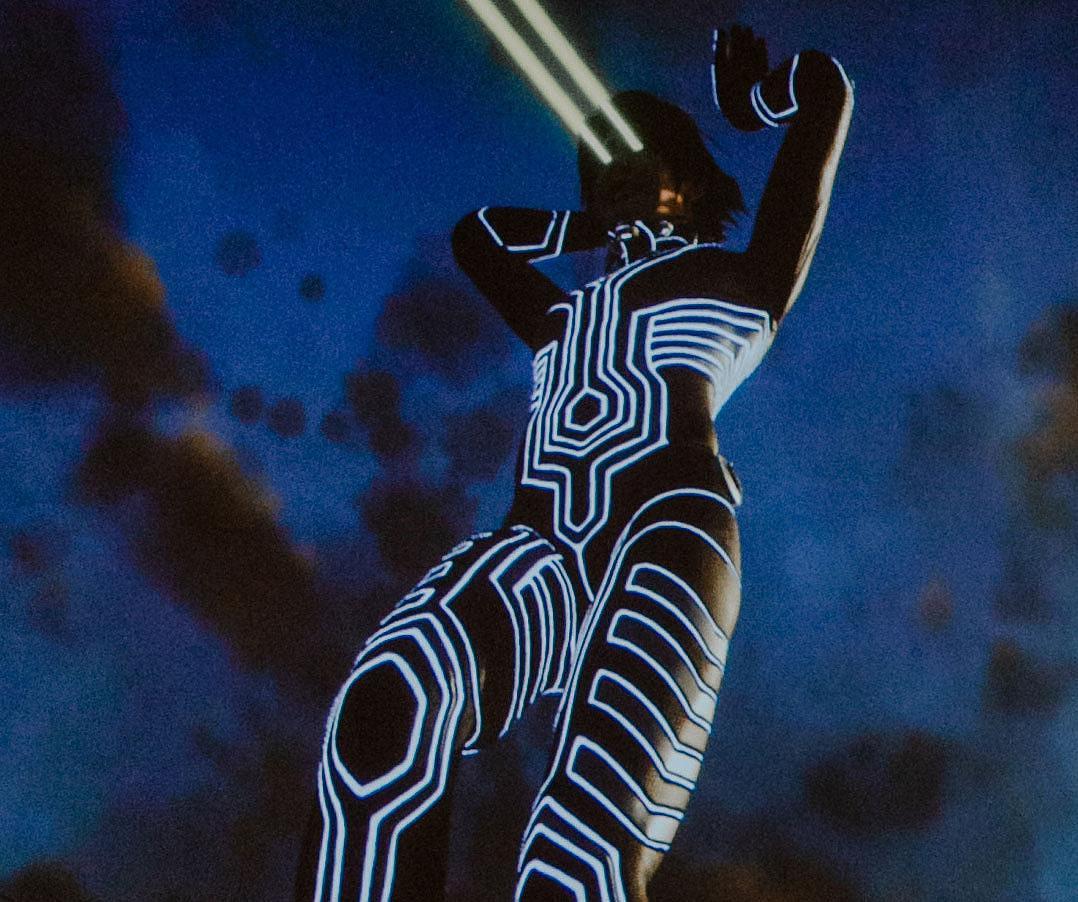
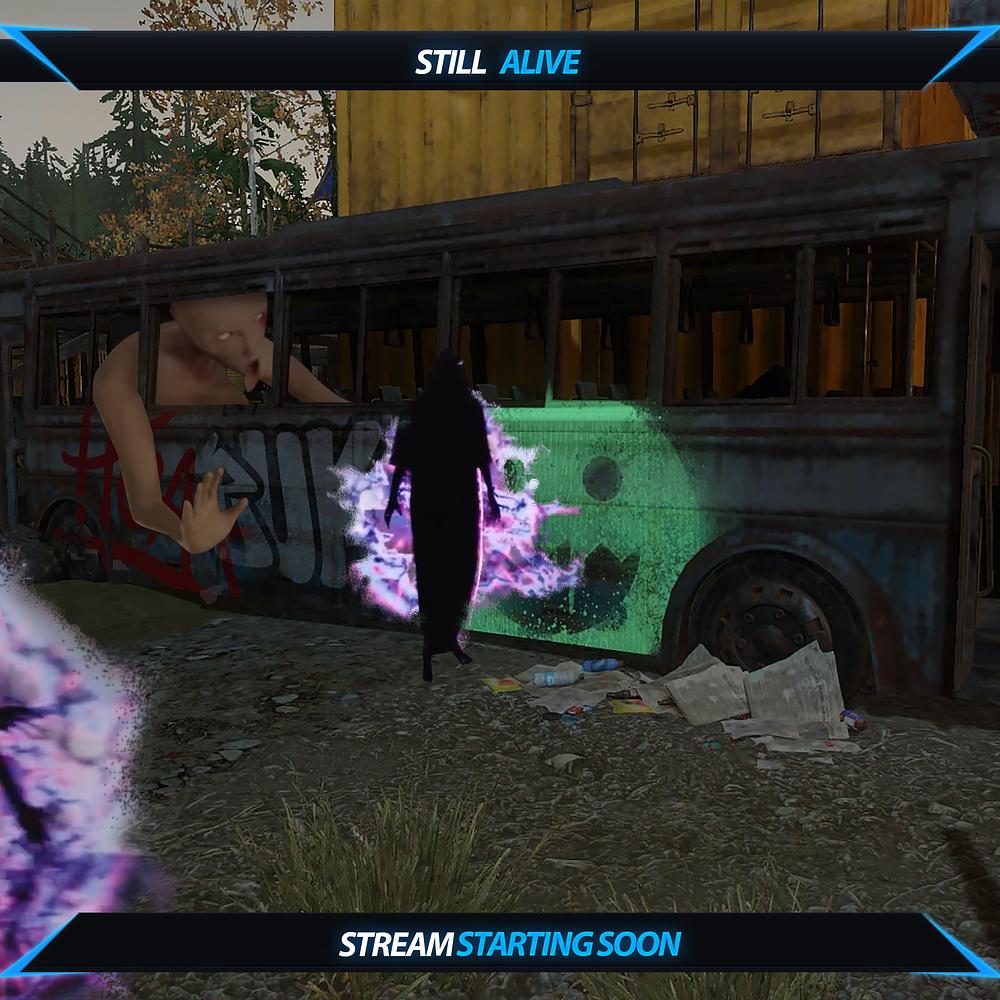
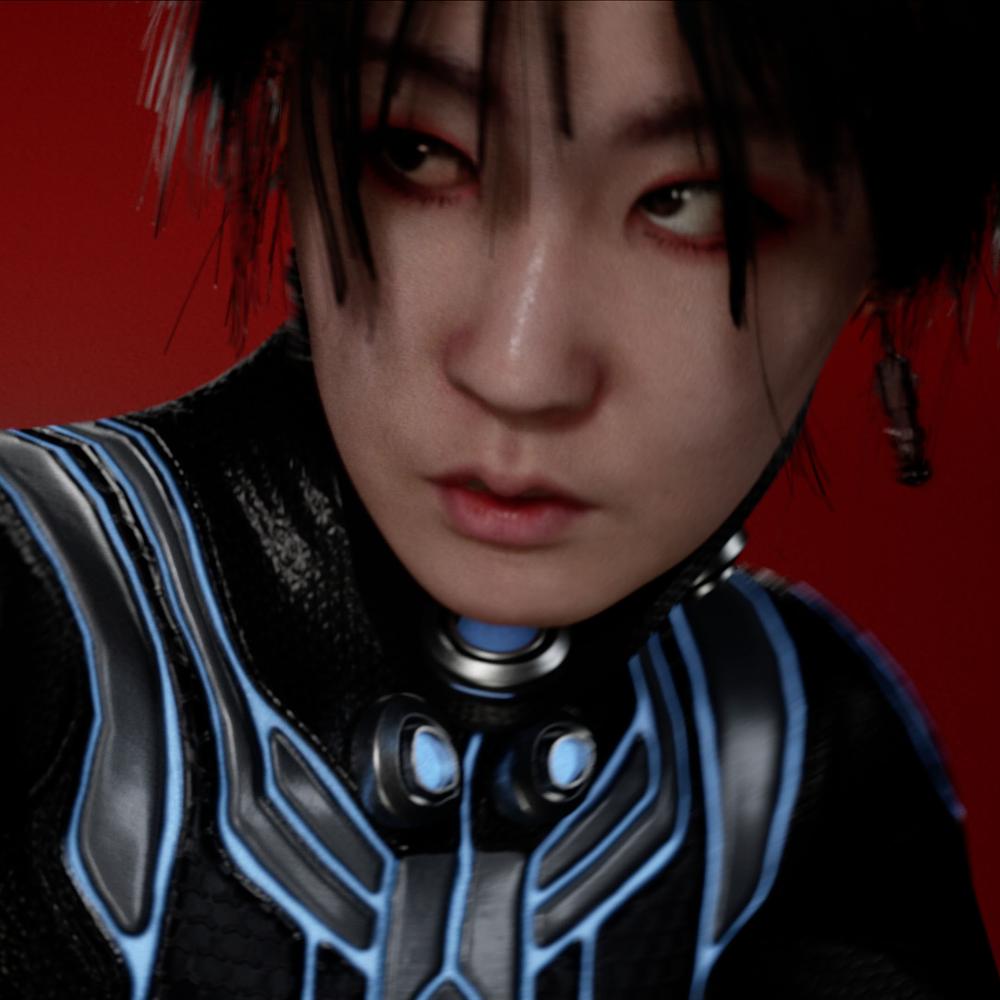
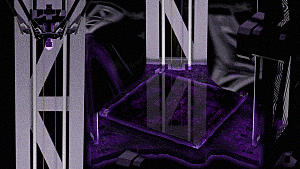
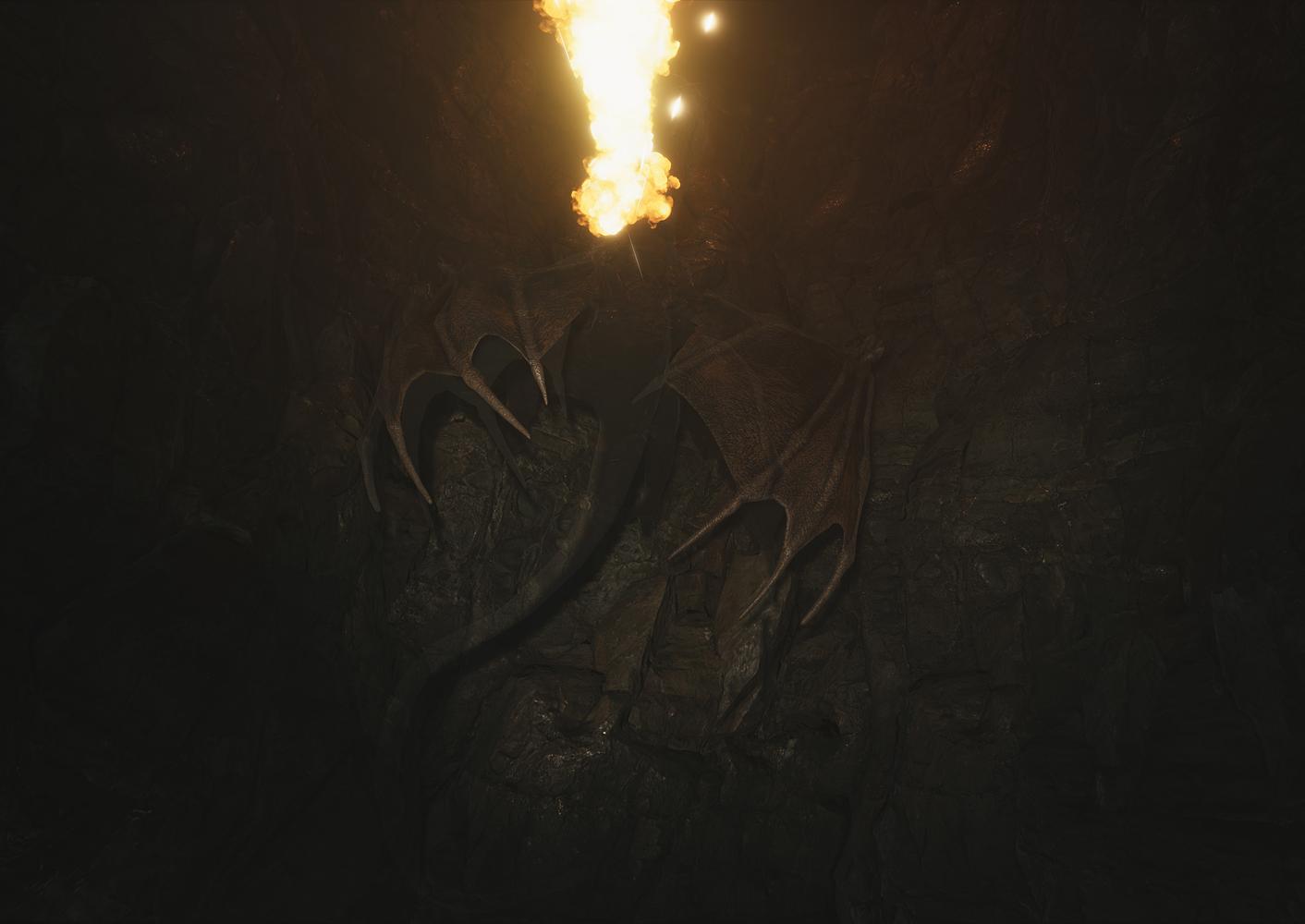
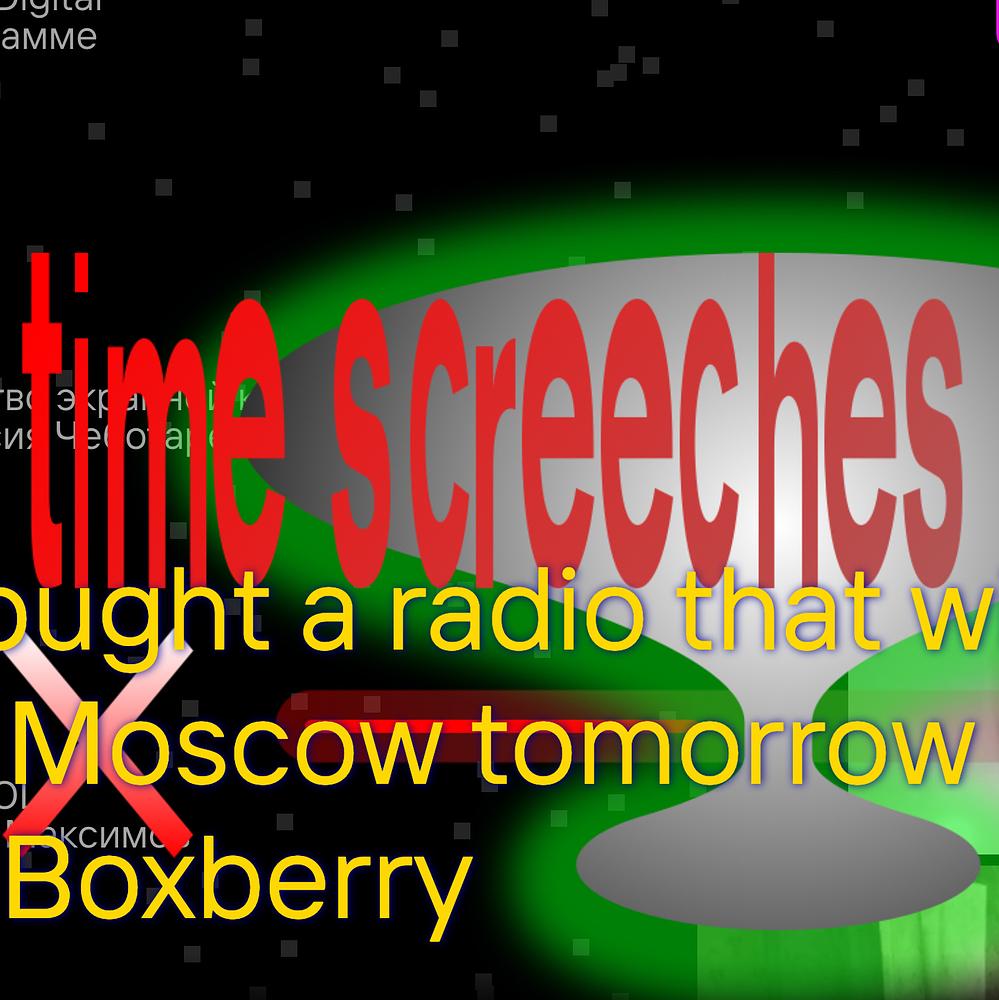
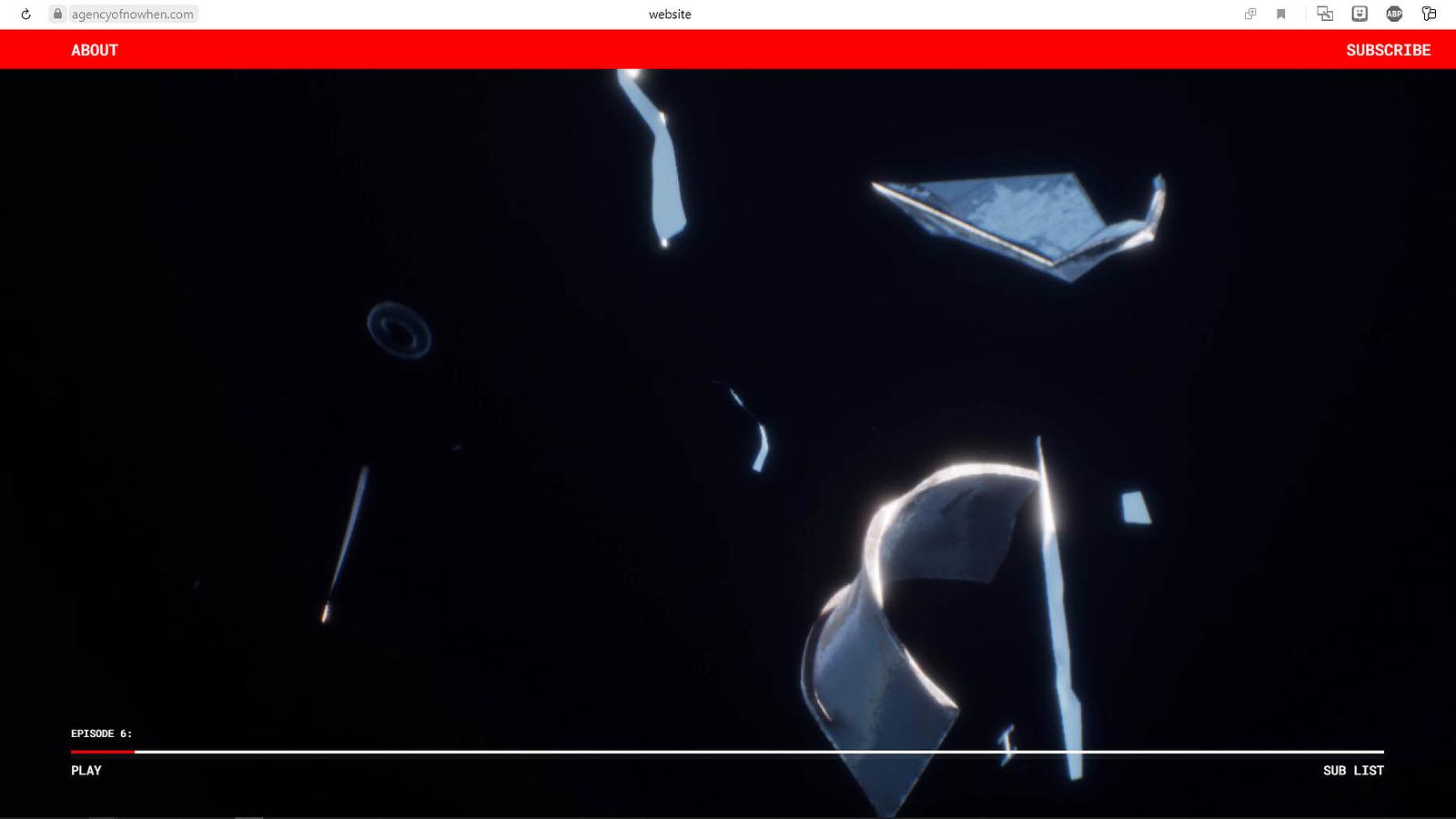
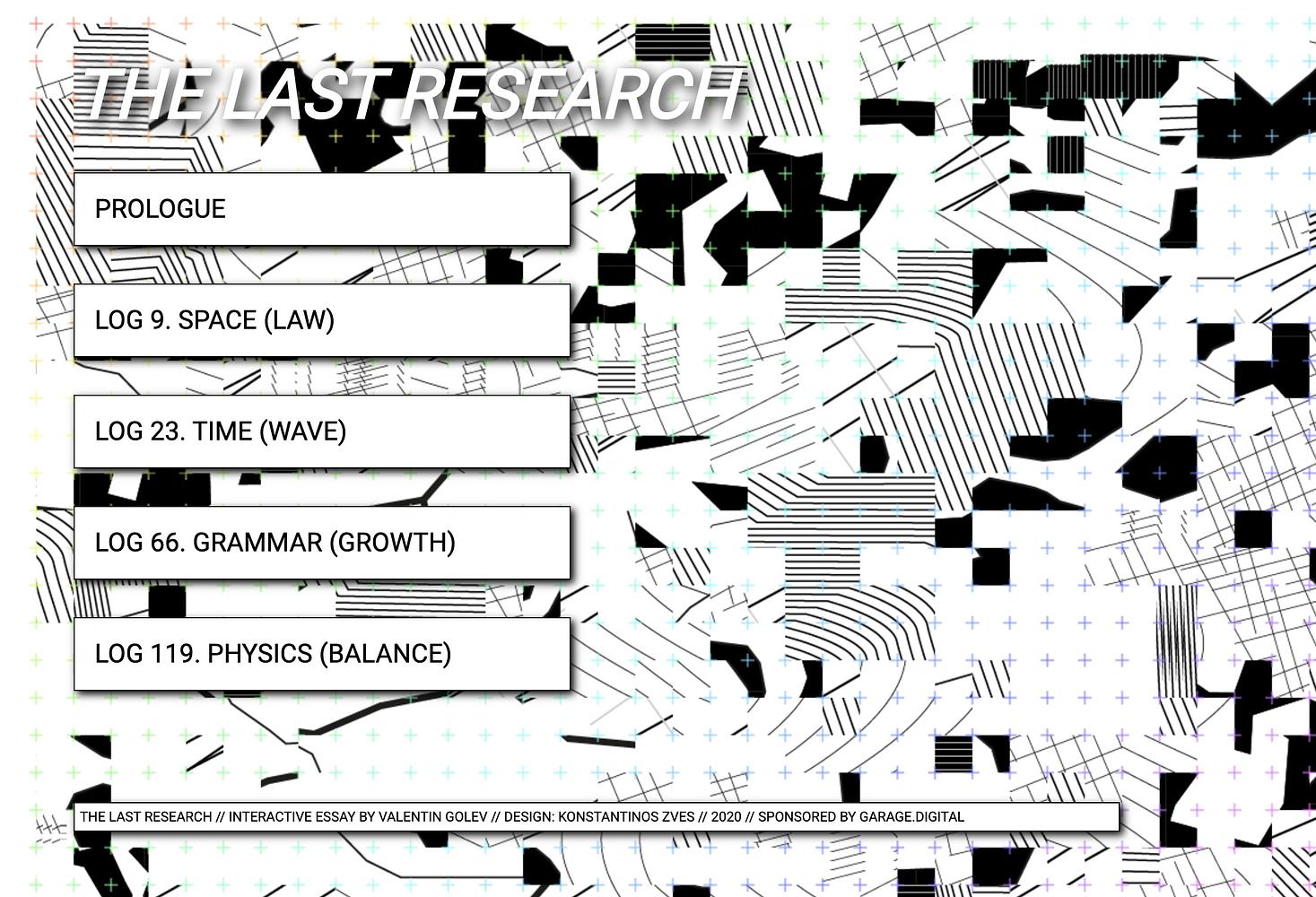
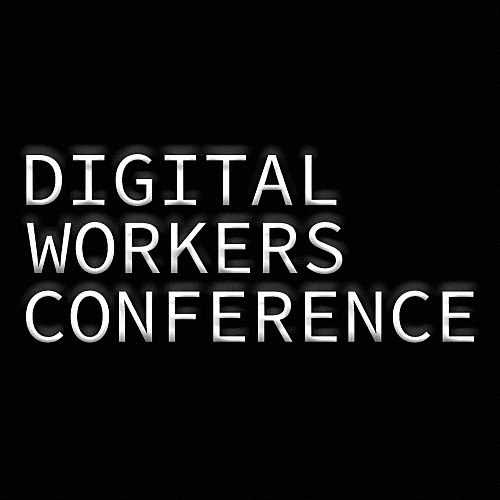
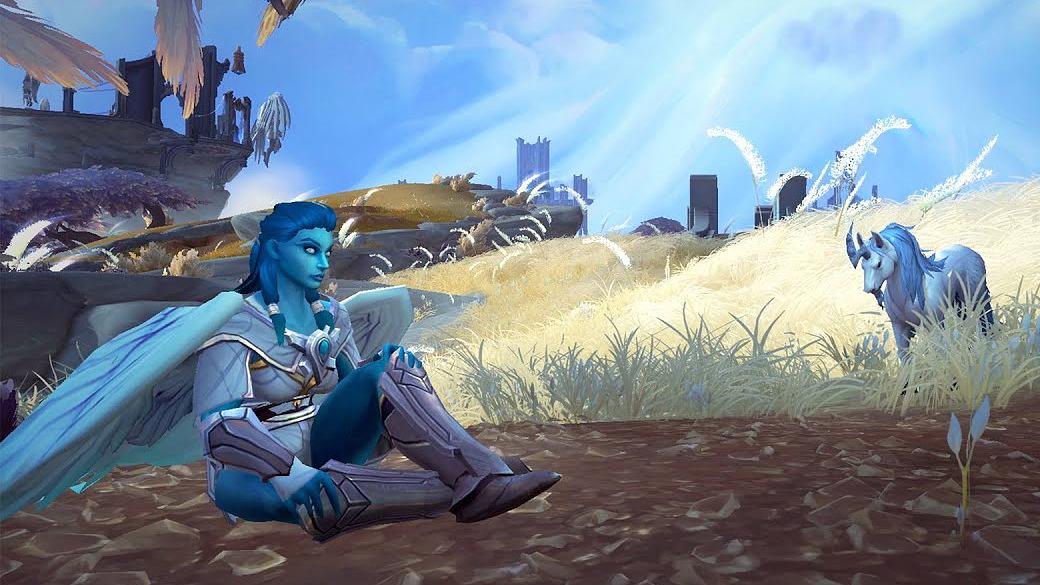
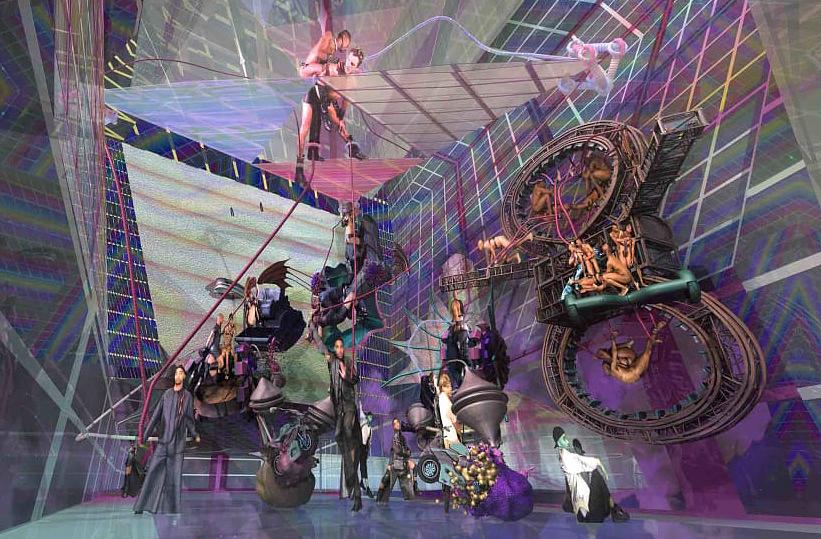
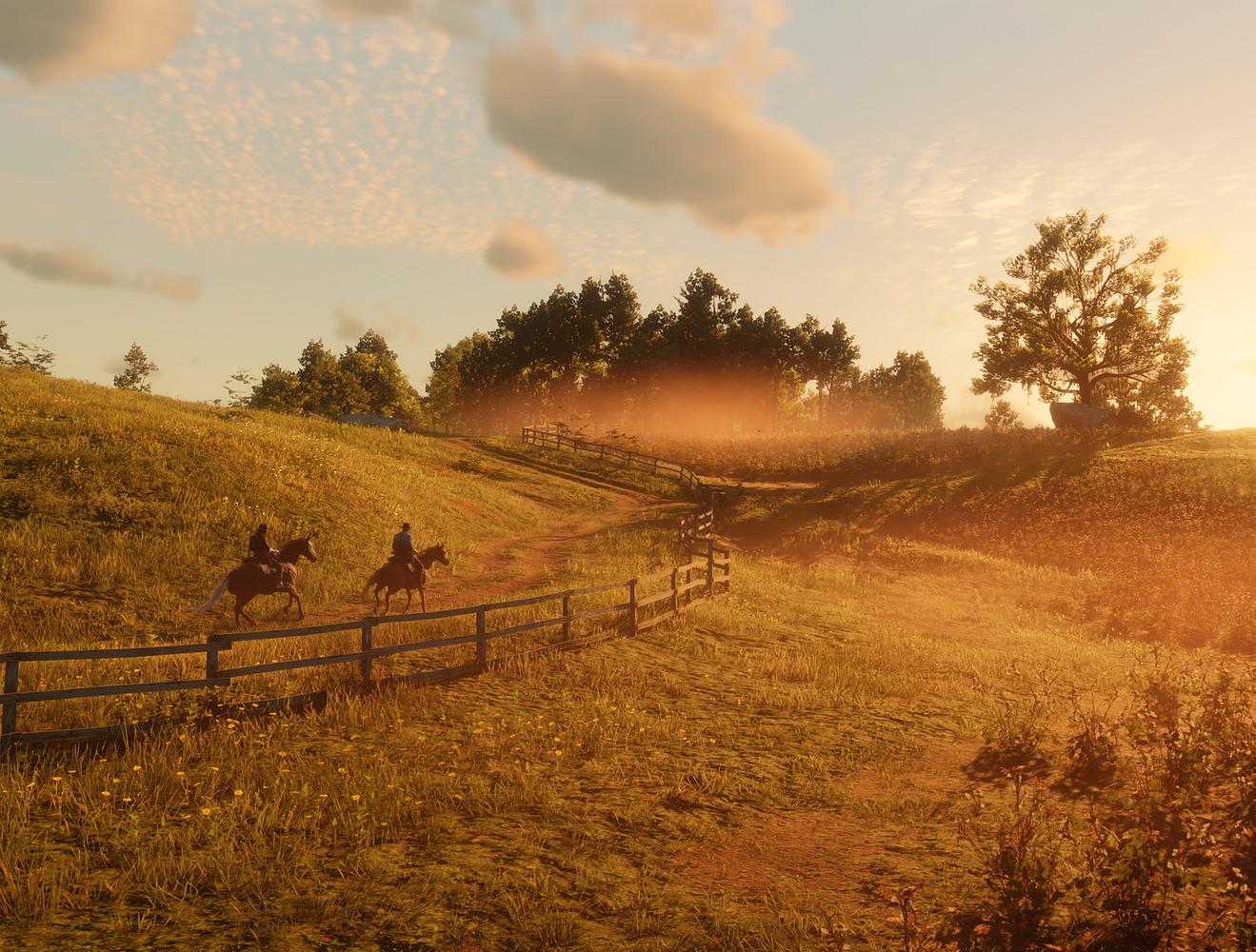
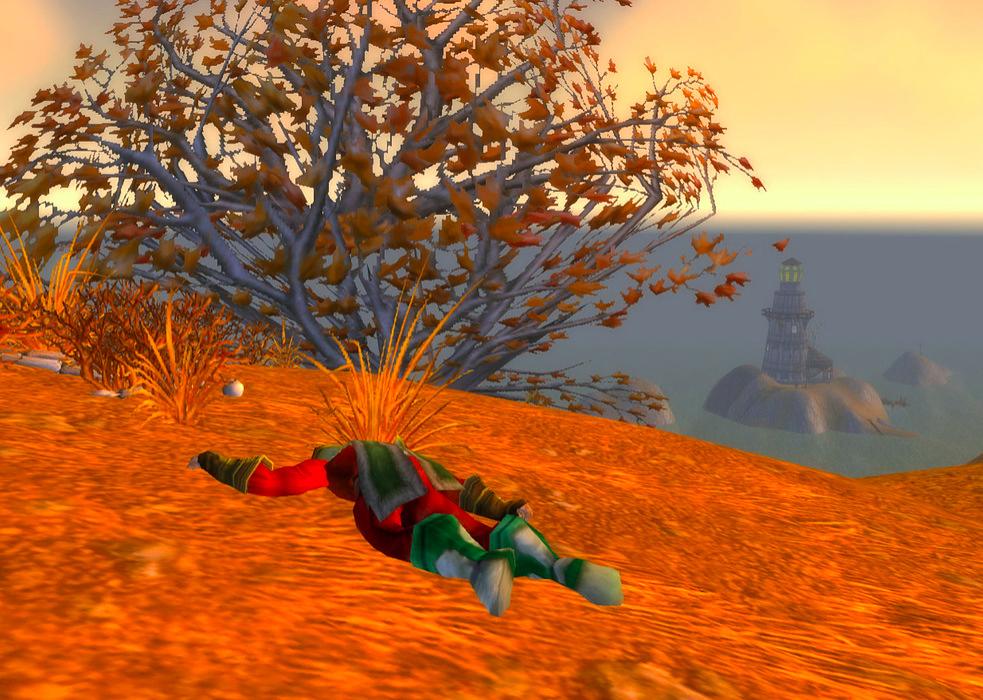
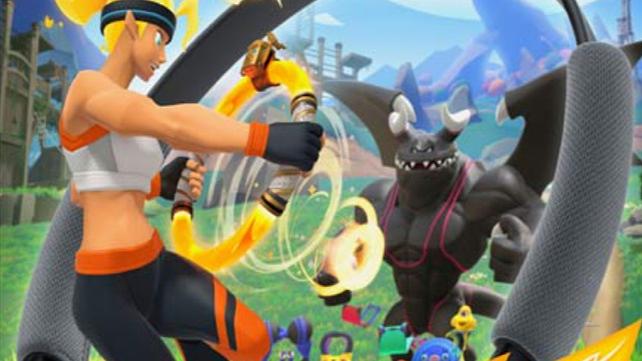
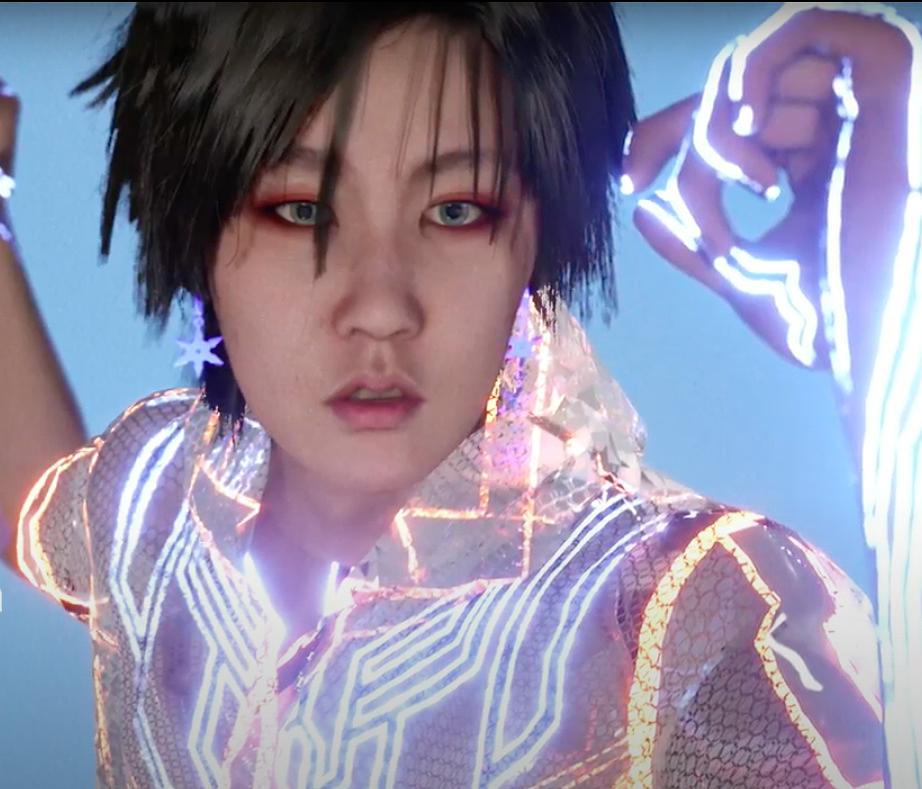
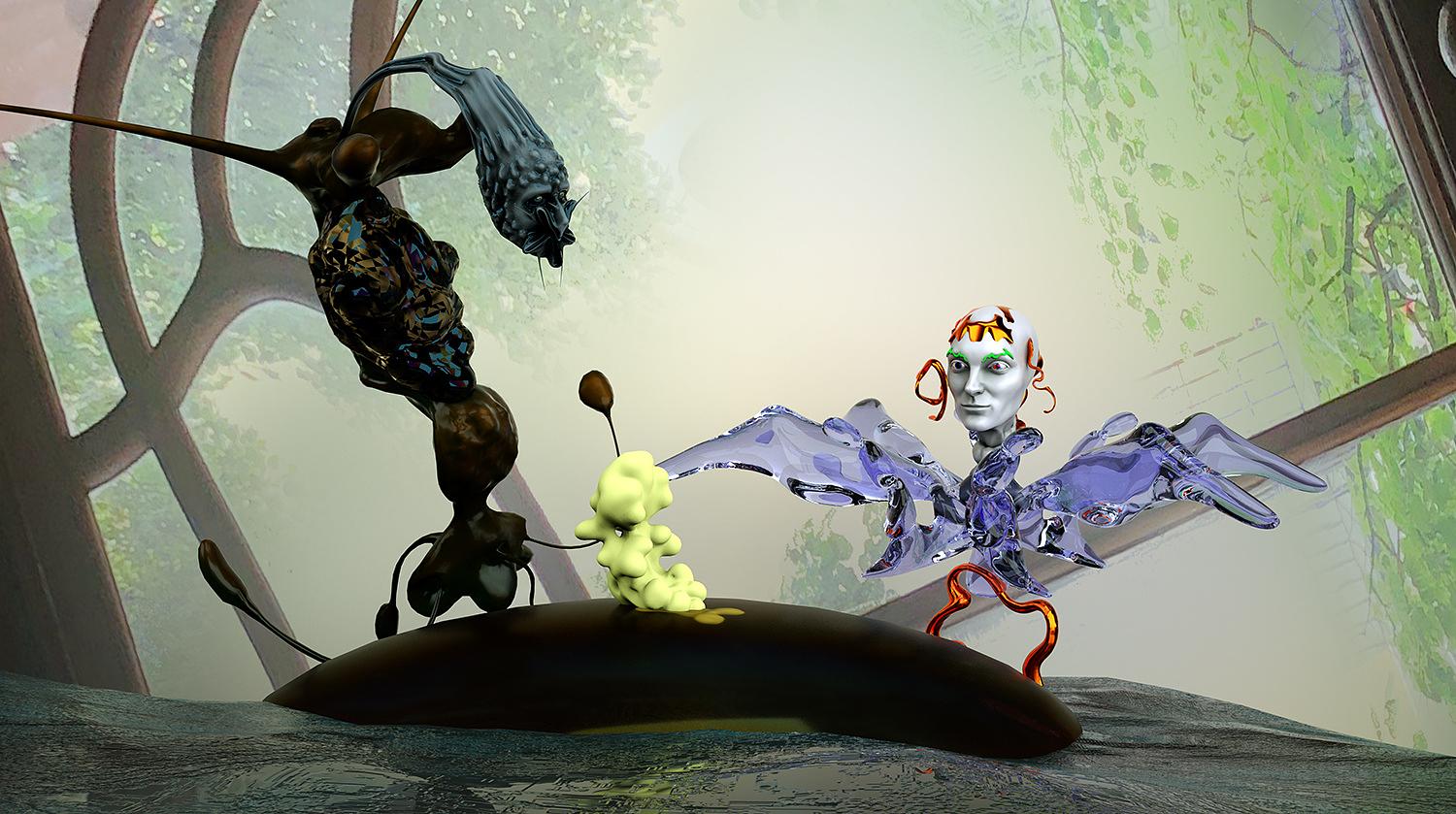
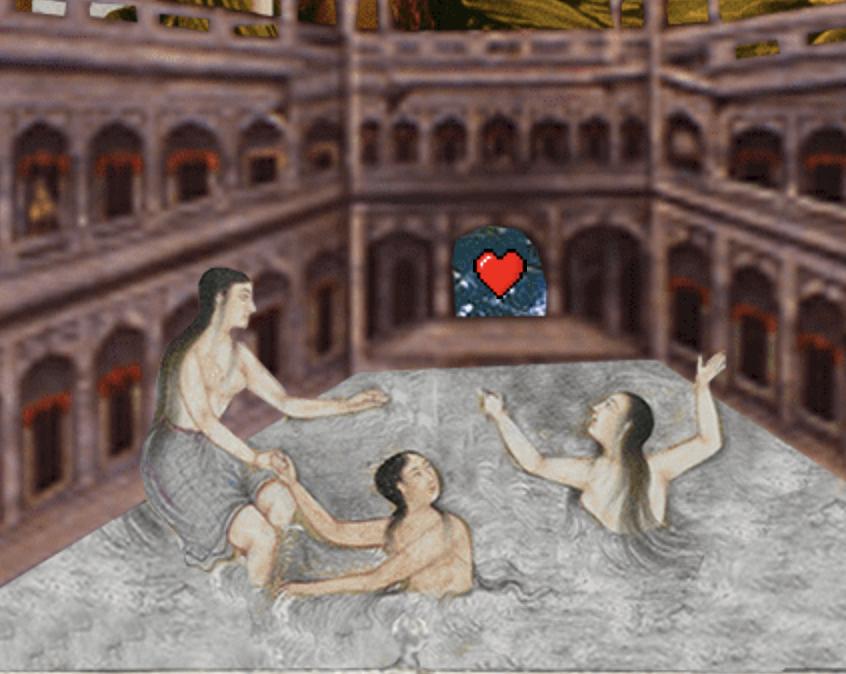
In the run-up to the Russian stage of the field research project What is the Shape of the Moon? by the Indian artist Afrah Shafiq, author of the online game Sultana's Reality, Garage Digital publishes her thoughts on working with archives as an example of artistic research expressed through a digital work.
The complicated relationship between women and books in India and what it means to navigate the archive as an artistic playground.
Working with archives can sometimes feel like swimming in the deep dark ocean or navigating an endless sea of new window tabs on a computer browser. The more I read the more lost I become until I completely forget how I got where I am and what I came looking for in the first place.
Much has been said about the “archival impulse” and its associated fevers in both the art and academic spaces and it isn’t really a novel practice anymore to breathe new meanings into old materials.
Problems with institutionalized archives also abound and so many collections are difficult to penetrate, often open only to scholarly endeavors and organized with excessively academic logic, leaving no room for exploration, holding too much lopsided information and glaringly wide gaps of underrepresentation.
This impression looms especially large when, as stated by Lev Manovich in The Language of New Media, archival material is navigated not through the logic of metadata and machinic reprocessing but as subjective human interpretation.
And yet, I repeatedly find myself drawn to the archive, finding that the depth of the ocean where the sun never reaches can be a pretty magical place of discovery. The archival burden begins to lighten as I look at the act of research as play, navigating through hidden “treasures” lucidly, almost as one would solve a detective case. I often enter archives with a hunch, a premonition, a gut instinct of what I am interested in and begin looking for clues, allowing for accidental stumbling and playful remixing outside the logical categories of form, collections, period, and data.
And the discoveries, they abound!
In 2015, I worked with an institutional archive for the first time as part of a fellowship awarded by the India Foundation for the Arts at the visual archives of the Centre for Studies in Social Sciences in Calcutta. Entering the archive to explore how the female form was imagined through nineteenth-century popular forms, I began to see some fantastic and sometimes hilarious patterns!
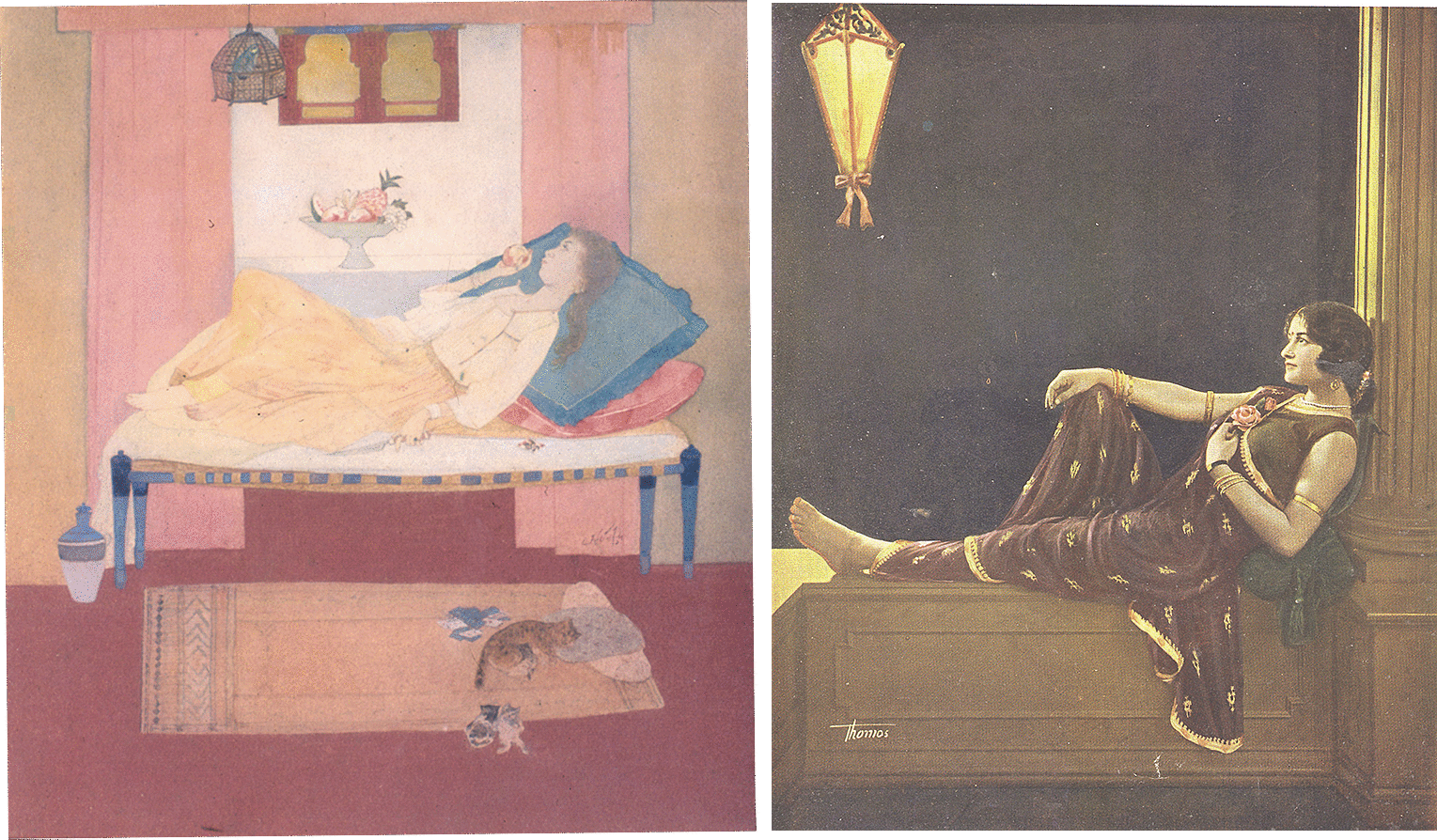
CSSSC (Centre for Studies in Social Sciences in Calcutta) Visual Archives
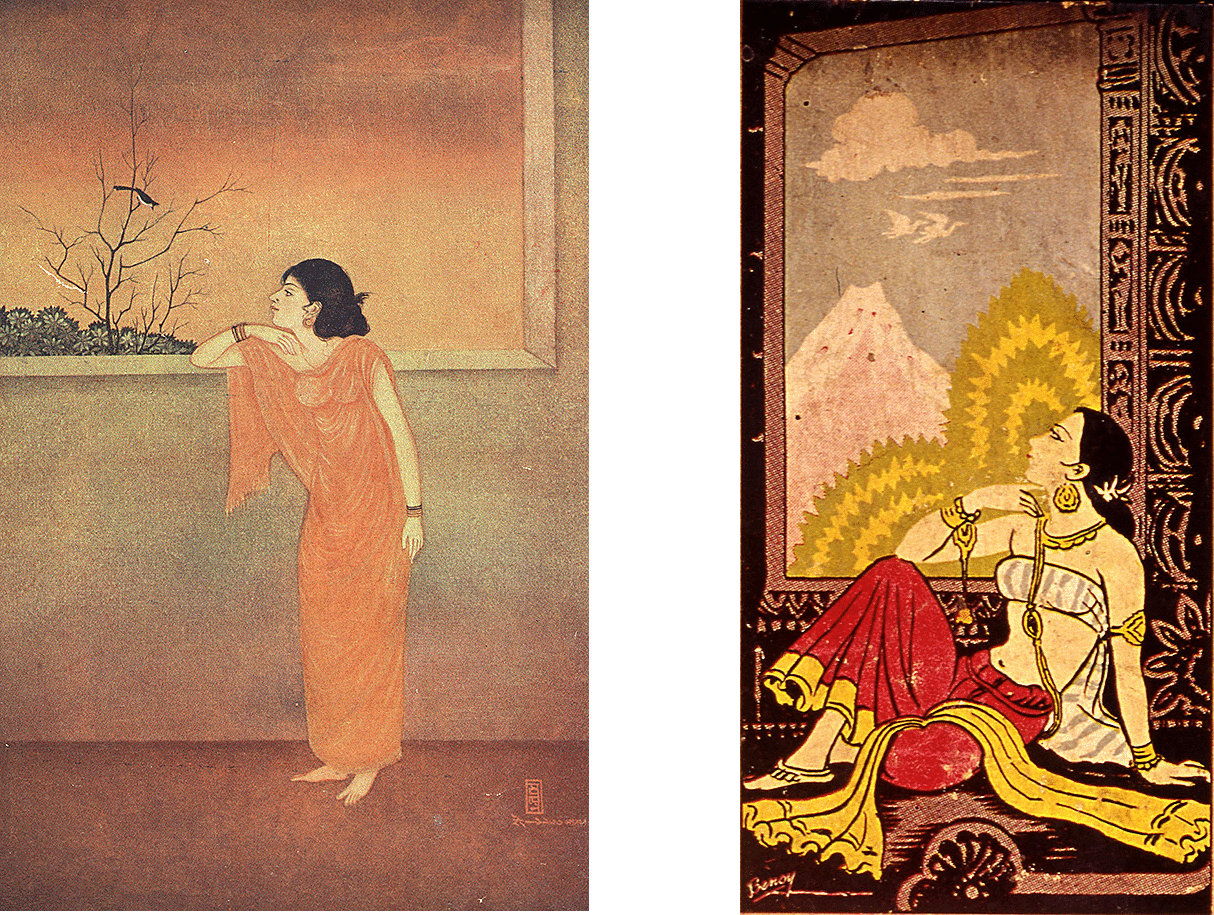
CSSSC (Centre for Studies in Social Sciences in Calcutta) Visual Archives
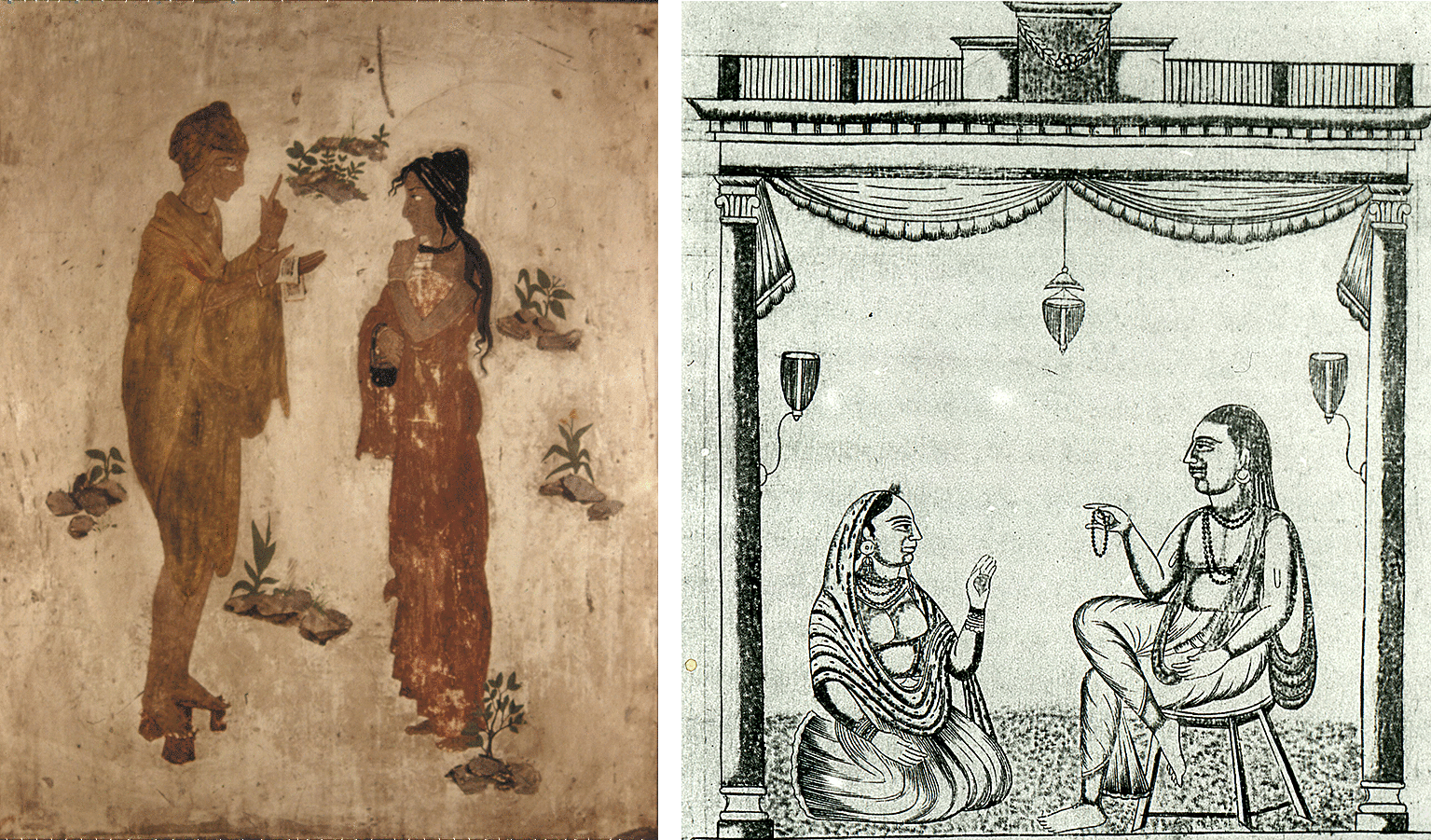
CSSSC (Centre for Studies in Social Sciences in Calcutta) Visual Archives
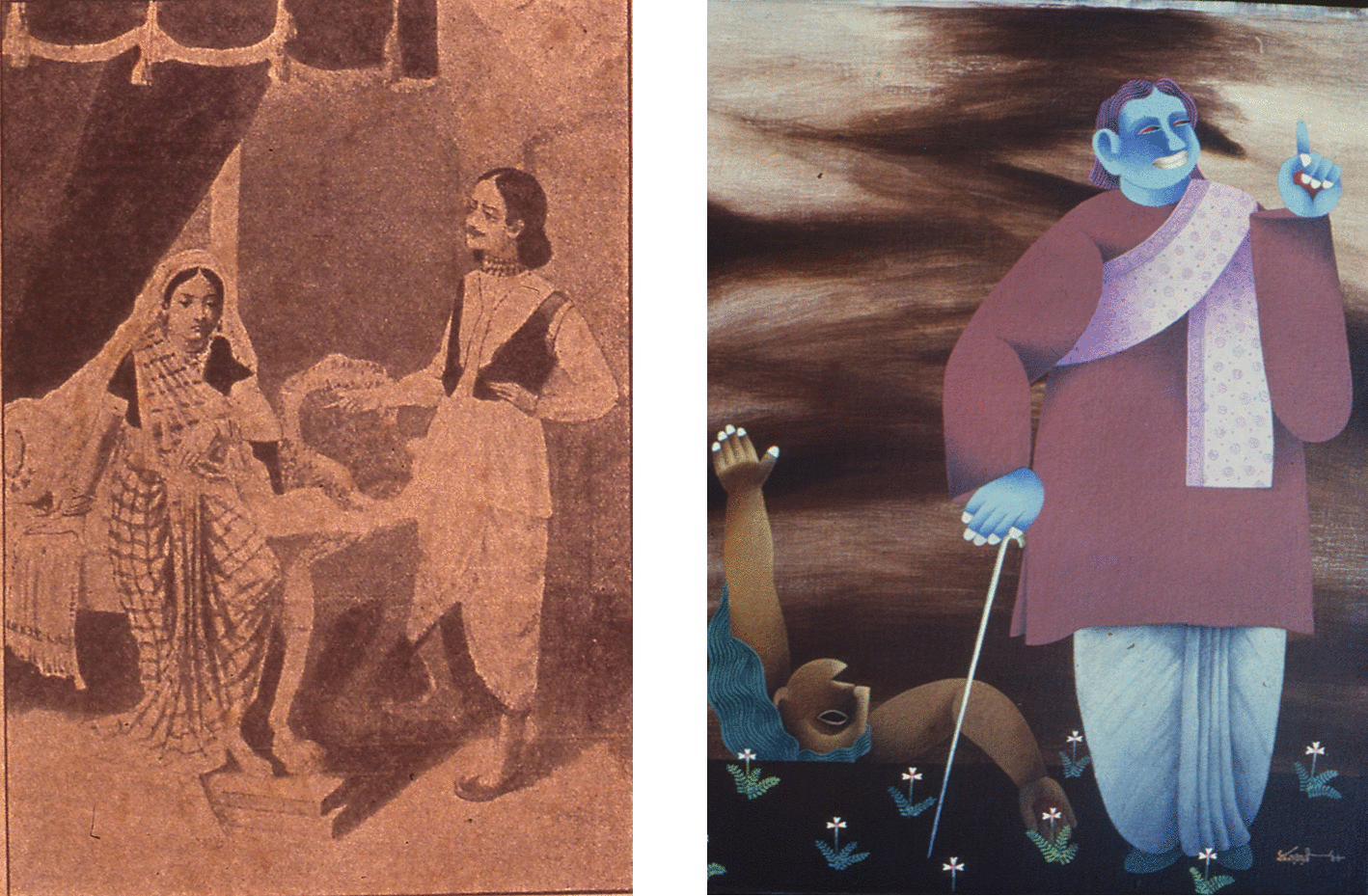
CSSSC (Centre for Studies in Social Sciences in Calcutta) Visual Archives
Playing with patterns sometimes revealed that the data and the visual material in the archive work as supporting testimonies for each other.
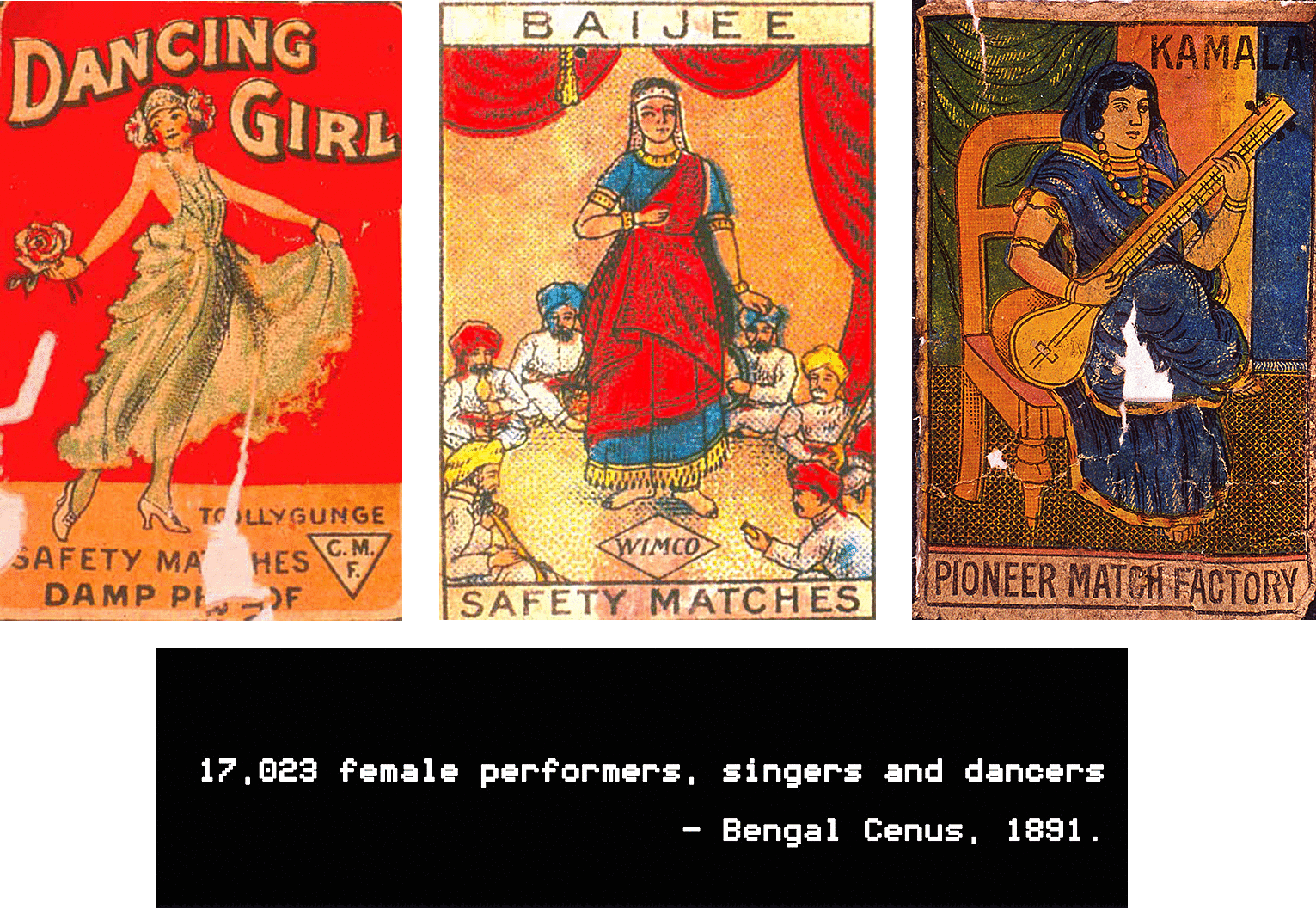
CSSSC (Centre for Studies in Social Sciences in Calcutta) Visual Archives
But the penny really dropped when the archive presented me with a question. Something I could not neatly categorize and make sense of it within my own logic of looking for tendencies and patterns.
How did women in India really feel about books?
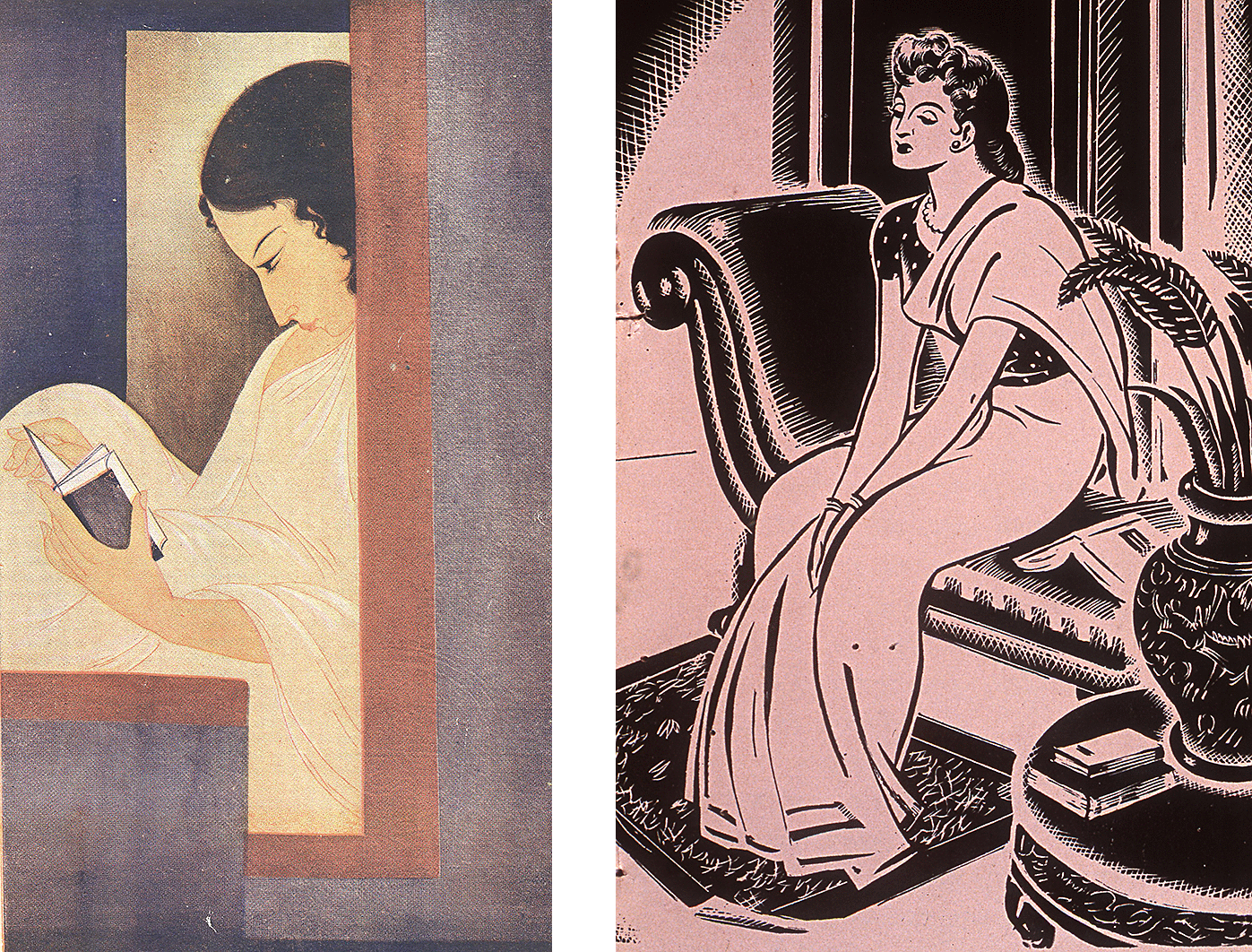
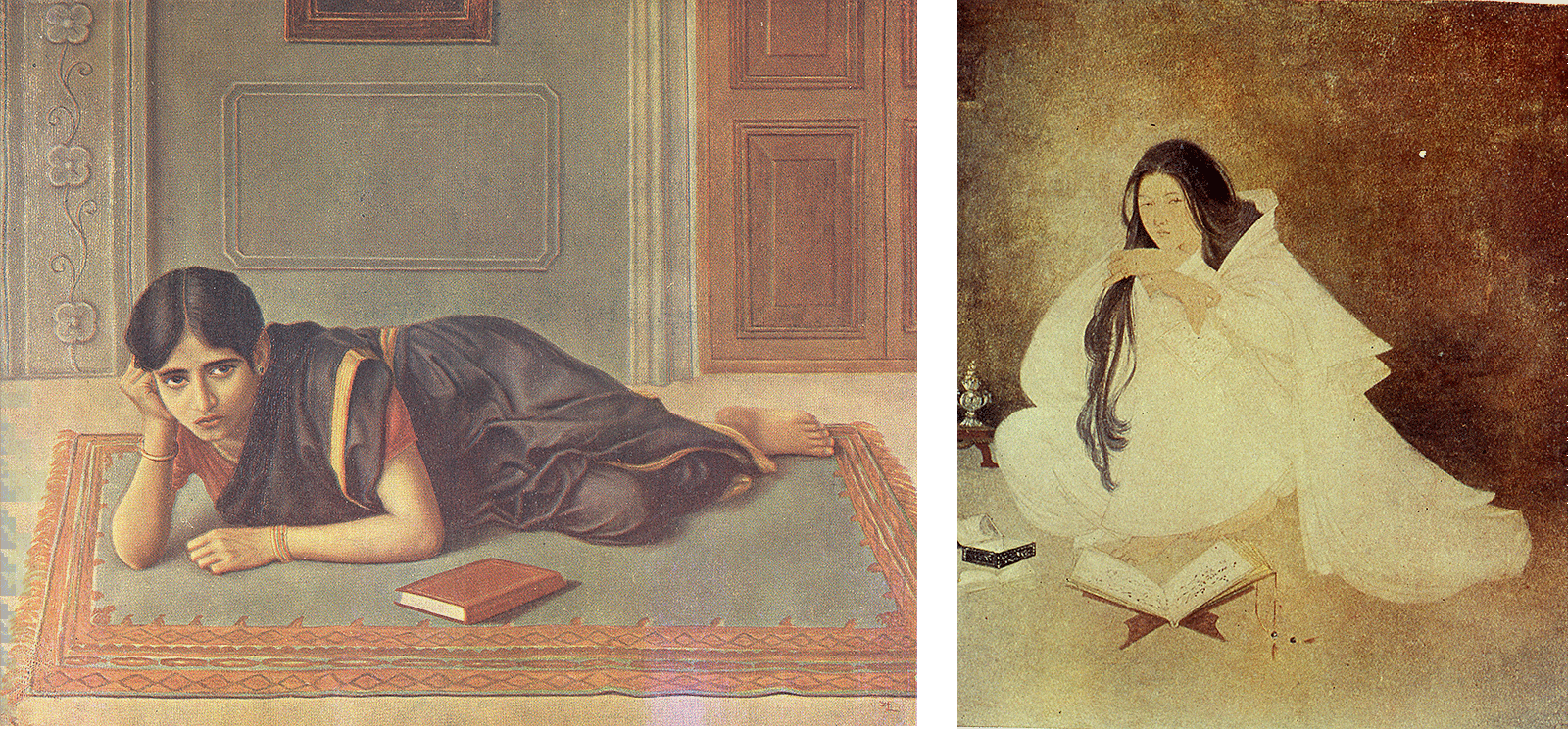
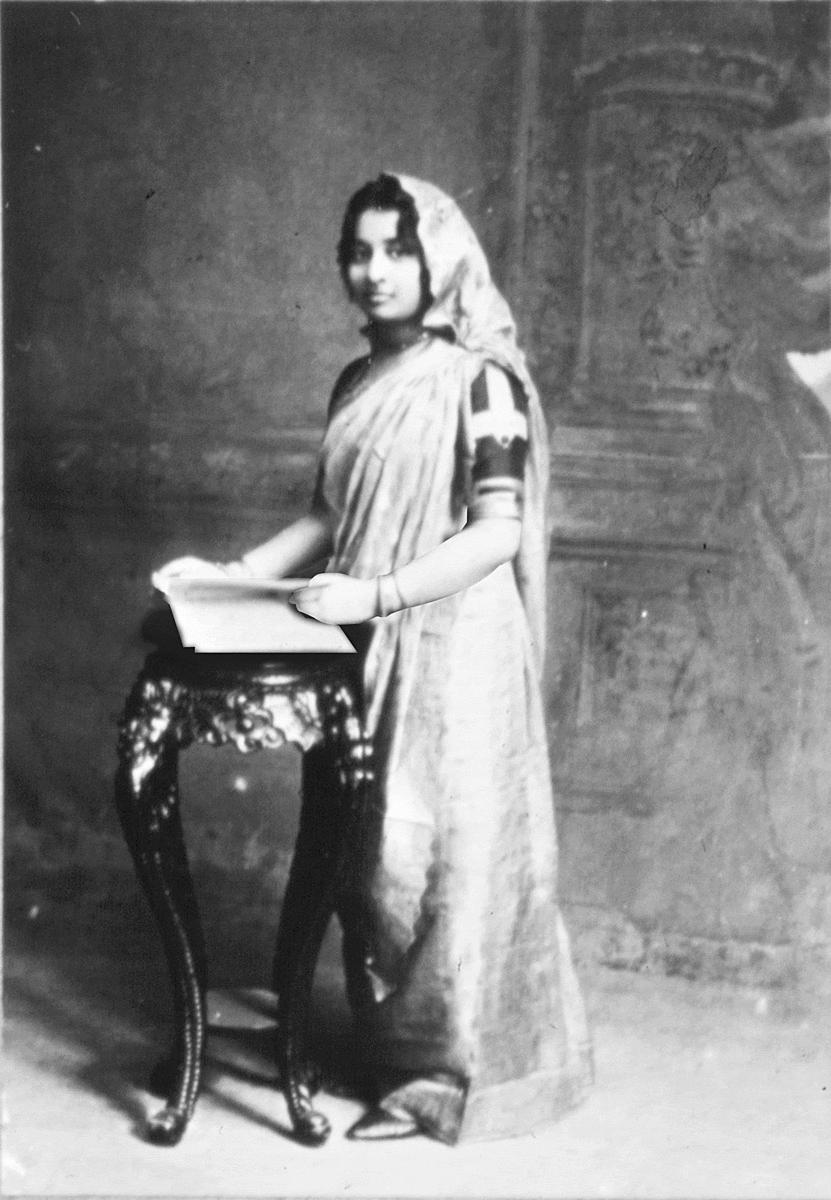
I deep dove into women’s history and their published and unpublished writings, trying to answer that question through Sultana’s Reality, an interactive immersive installation and open access web story.
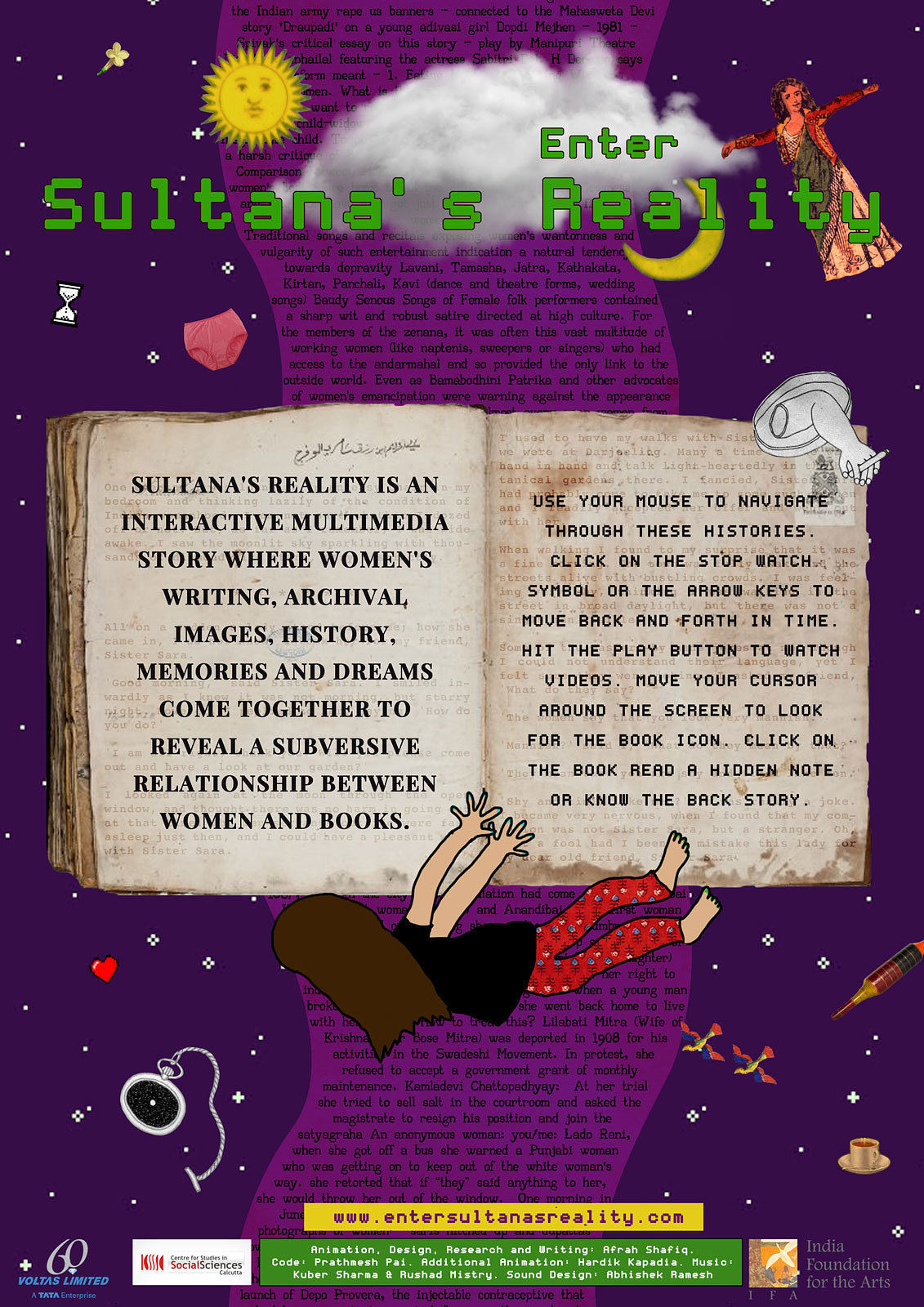
Drawing its title from “Sultana’s Dream,” a 1905 feminist utopian short story by Rokeya Sakhawat Hossain, the work follows an Alice in Wonderland style adventure bringing to life accounts of different women who would rather nap than read, who were stoned in the streets for wearing shoes and carrying umbrellas, who read forbidden texts in secret at night, who read and then challenged the very ideas they read… and those who went on to write, telling their story in their own words.
A multi/new media artist and documentary filmmaker based between Goa and Bangalore. Her practice moves across numerous platforms and mediums, seeking a way to retain the tactile within the digital and the poetry within technology. Her work has been shown at various festivals and galleries including the 4th Kochi Muziris Biennale in Kochi, Guild Art Gallery in Alibaug, Be.Fantastic in Bengaluru, What About Art in Mumbai, Digital Graffiti Festival in Florida, Fusebox Festival in Texas, and the Computer Space festival in Bulgaria. She has been invited on research and residency programs with the Liverpool Biennial of Contemporary Art, Fluent Collaborative in Austin Texas, and the Institute of Advance Studies, Nantes. When she is not glued to her computer she also makes glass mosaics.
